Since the release of Sight & Sound magazine’s 2022 Top 100 Greatest Films of All Time critics poll, some of us agreed, others were appalled; in particular with the absence of masterworks by Luis Buñuel, Ernst Lubitsch and Howard Hawks. But the positive is that it opens pathways for lists by other cineastes which keeps the importance of cinema on the front burner. There were twice as many new pundits in the Sight & Sound poll from the last decades poll in 2012, where many stressed the importance of literary content over form. I’m a bit old school on that, remembering the medium is the message, a phrase coined by the Canadian communication theorist Marshall McLuhan in his Understanding Media: The Extensions of Man. Is it content over form, or is it form over content; or should the two really be the same in the visual frame? No doubt, you’ll notice I approach film within the context of the auteur theory. It’s hard not to do so, where each of the 75 directors have a personal signature and vision that’s evident from film to film. Yes, some are a product of the Hollywood studio system, simply given a script to shoot. Yet, like a painter who is assigned to do a portraiture, the content of their painting is well-defined, but they still are able to convey their own unique style, a style that belongs to them alone.
Here’s my list, and I encourage you to assault, disagree or perhaps even agree, and send in your own list in our readers’ section at ad***@tr**********.com . What is most important is to keep a dialogue going about cinema as a visual medium for artistic expression where it takes its place among other art forms.
1. Robert Bresson
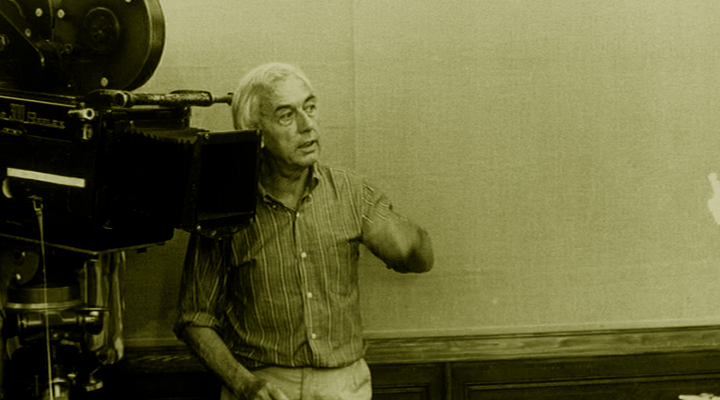
The point is not to direct someone, but to direct oneself. When a sound can replace an image, cut the image or neutralize it. The ear goes more towards the within, the eye towards the other. – Robert Bresson
Bresson Films for Review:
- Diary of a Country Priest (1951)
- A Man Escaped (1956)
- Au Hasard Balthazar (1966)
2. Yasujirō Ozu
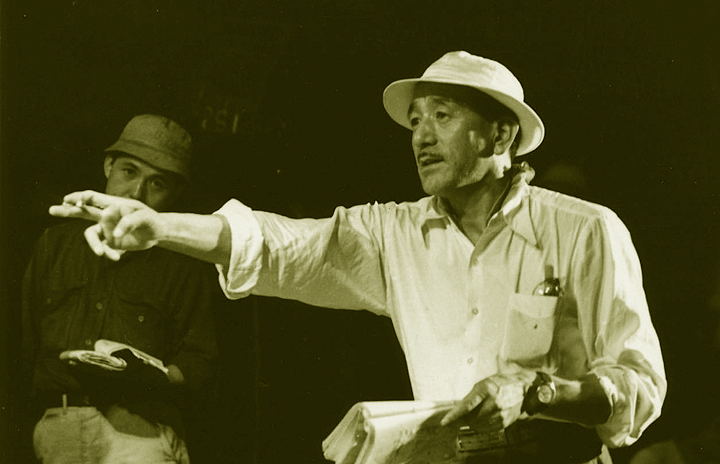
I have formulated my own directing style in my head, proceeding without any unnecessary imitation of others. I can make fried tofu, boiled tofu, stuffed tofu. Cutlets and other fancy stuff, that’s for other directors. – Yasujirō Ozu
Ozu Films for Review:
- I was born, but … (1932)
- Tokyo Story (1953)
- An Autumn Afternoon (1962)
3. Alfred Hitchcock
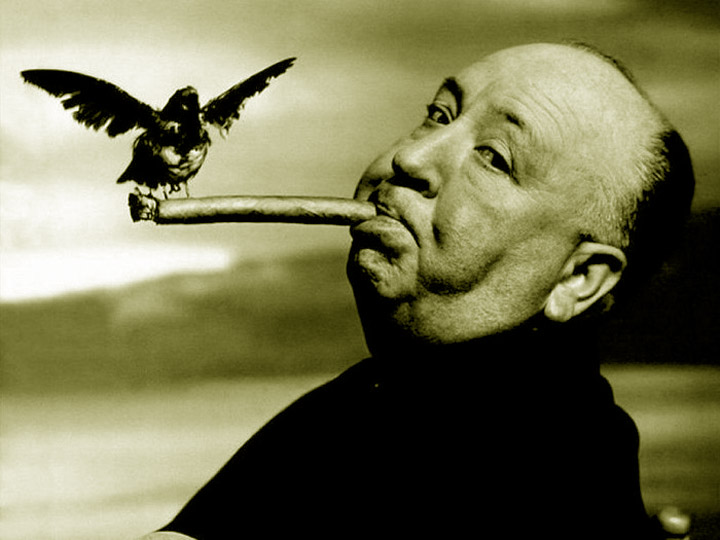
If it’s a good movie, the sound could go off and the audience would still have a perfectly clear idea of what was going on. – Alfred Hitchcock
Hitchcock Films for Review:
- Notorious (1946)
- Rear Window (1954)
- Vertigo (1958)
4. Jean-Luc Godard
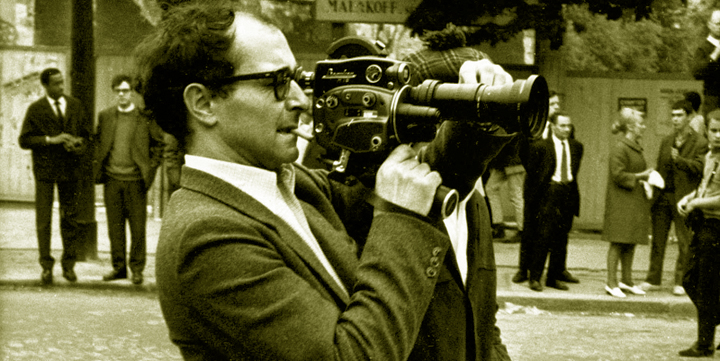
If you want to make a documentary you should automatically go to the fiction, and if you want to nourish your fiction you have to come back to reality. – Jean-Luc Godard
Godard Films for Review:
- Vivre sa vie (1962)
- Pierrot le Fou (1965)
- Masculin Féminin (1966)
5. Roberto Rossellini
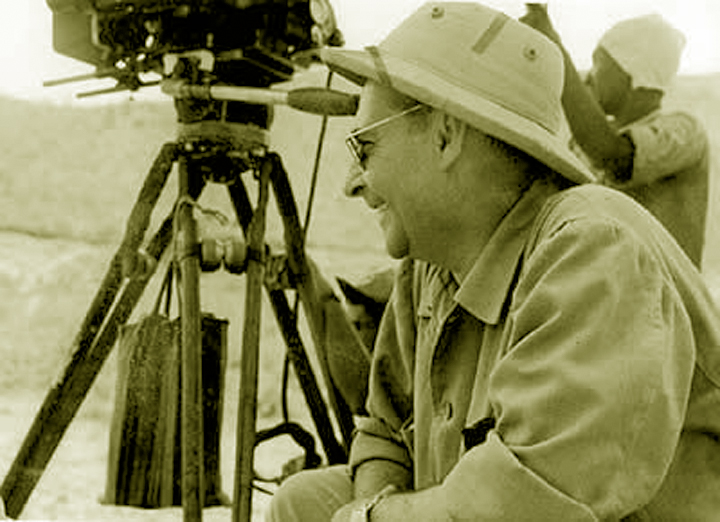
I want you to know how deeply I wish to translate those ideas into images, just to quiet down the turmoil of my brain. – Roberto Rossellini
Rossellini Films for Review:
- Paisà (1946)
- Journey to Italy (1954)
- La Prise de pouvoir par Louis XIV (1966)
6. Orson Welles
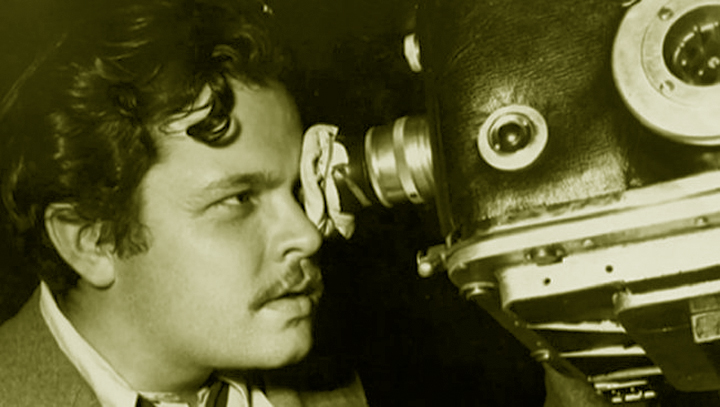
A film is never really good unless the camera is an eye in the head of a poet. – Orson Welles
Welles Films for Review:
- Citizen Kane (1941)
- The Magnificent Ambersons (1942)
- Touch of Evil (1958)
7. Ernst Lubitsch
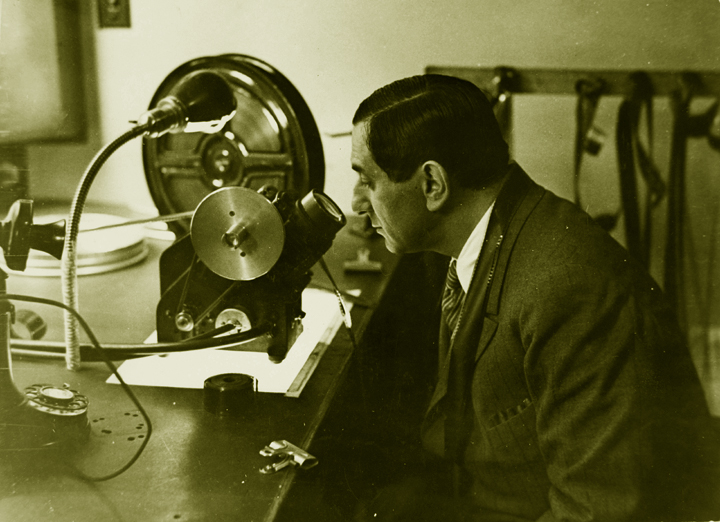
There are a thousand ways to point a camera, but really only one. I let the audience use their imaginations. Can I help it if they misconstrue my suggestions? – Ernst Lubitsch
Lubitsch Films for Review:
- Trouble in Paradise (1932)
- Ninotchka (1939)
- The Shop Around the Corner (1940)
8. Howard Hawks
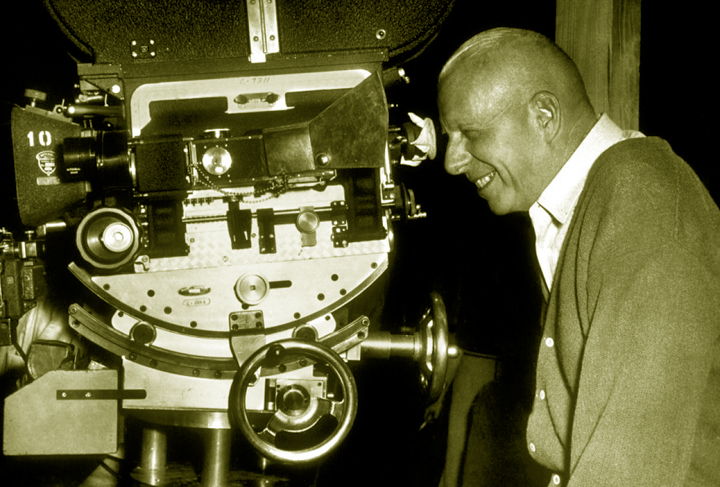
I’d say that everybody has seen every plot twenty times. What they haven’t seen is characters and their relation to one another. I don’t worry much about plot anymore. – Howard Hawks
Hawks Films for Review:
- Bringing Up Baby (1938)
- Only Angels Have Wings (1939)
- Rio Bravo (1959)
9. Kenji Mizoguchi
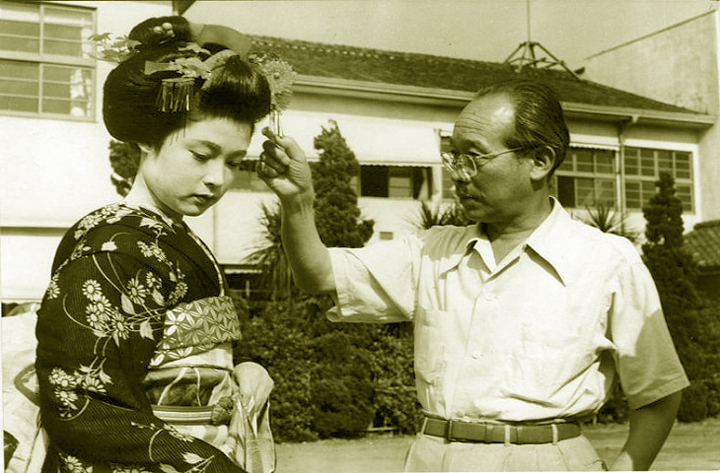
You must put the odor of the human body into images [which] describe for me the implacable, the egoistic, the sensual, the cruel… there are nothing but disgusting people in this world.– Kenji Mizoguchi
Mizoguchi Films for Review:
- The Life of Oharu (1952)
- Ugetsu (1953)
- Sansho the Bailiff (1954)
10. Jean Renoir
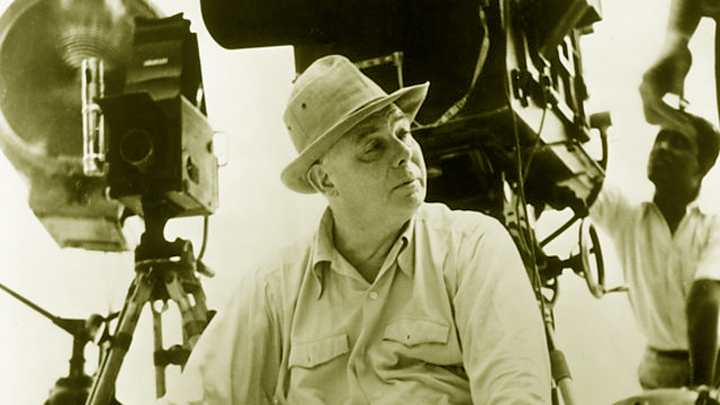
What interests me is the interpretation of life by an artist. The personality of the film maker interests me more than the copy of an object – Jean Renoir
Renoir Films for Review:
- The Crime of Monsieur Lange (1935)
- The Human Beast (1938)
- The Rules of the Game (1939)
11. Max Ophüls
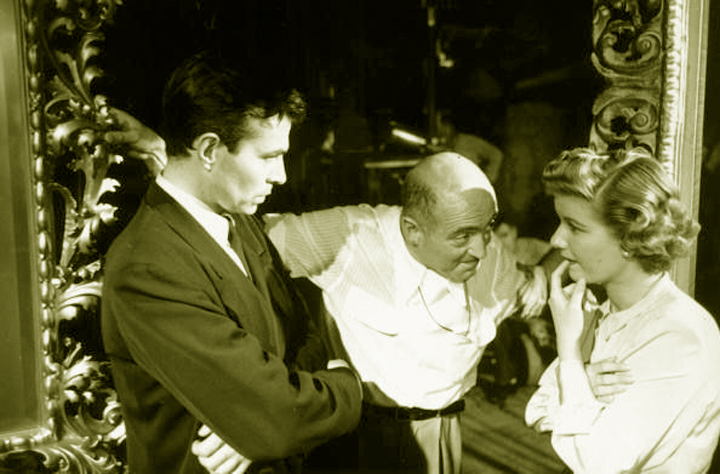
The highest reaches of the actor’s art begin, I believe, at the point where words cease to play a part. – Max Ophüls
Ophüls Films for Review:
- Letter from an Unknown Woman (1949)
- La Ronde (1950)
- The Earrings of Madame de… (1953)
12. Luis Buñuel
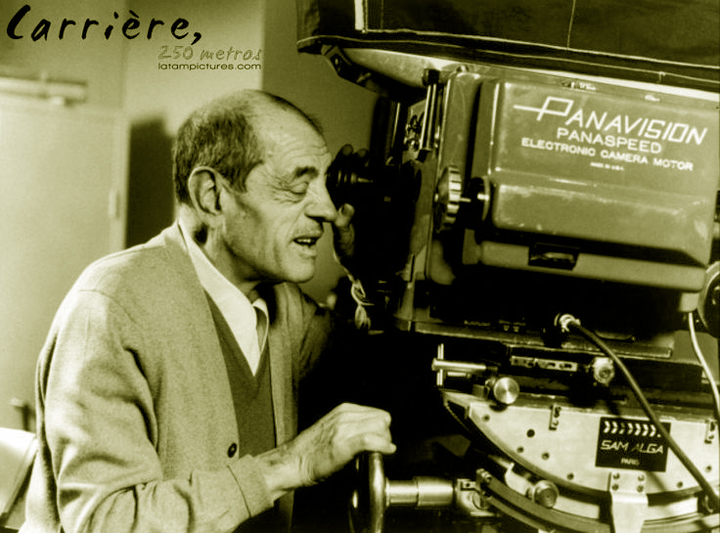
God and Country are an unbeatable team; they break all records for oppression and bloodshed. Thank God, I am still an atheist – Luis Buñuel
Buñuel Films for Review:
- Viridiana (1961)
- Belle de Jour (1967)
- Le charme discret de la bourgeoisie (1972)
13. Fritz Lang
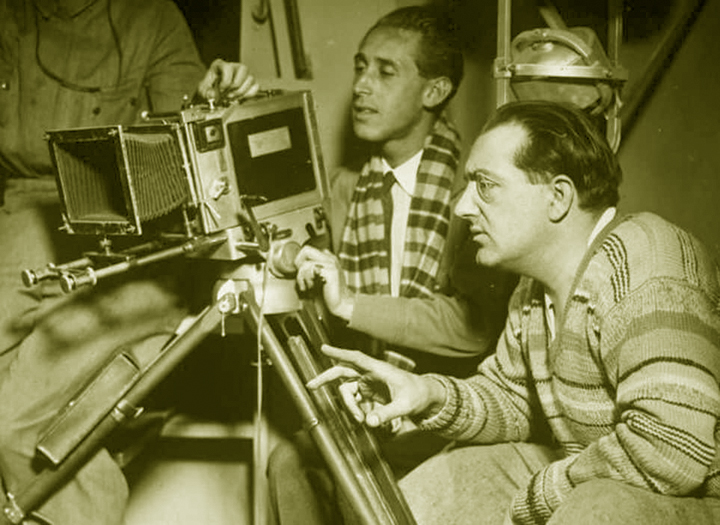
To begin with I should say that I am a visual person. I experience with my eyes and never, or only rarely, with my ear – to my constant regret. Each picture has some sort of rhythm which only the director can give it. He has to be like the captain of a ship. – Fritz Lang
Lang Films for Review:
- Metropolis (1927)
- M (1931)
- The Big Heat (1953)
14. John Ford
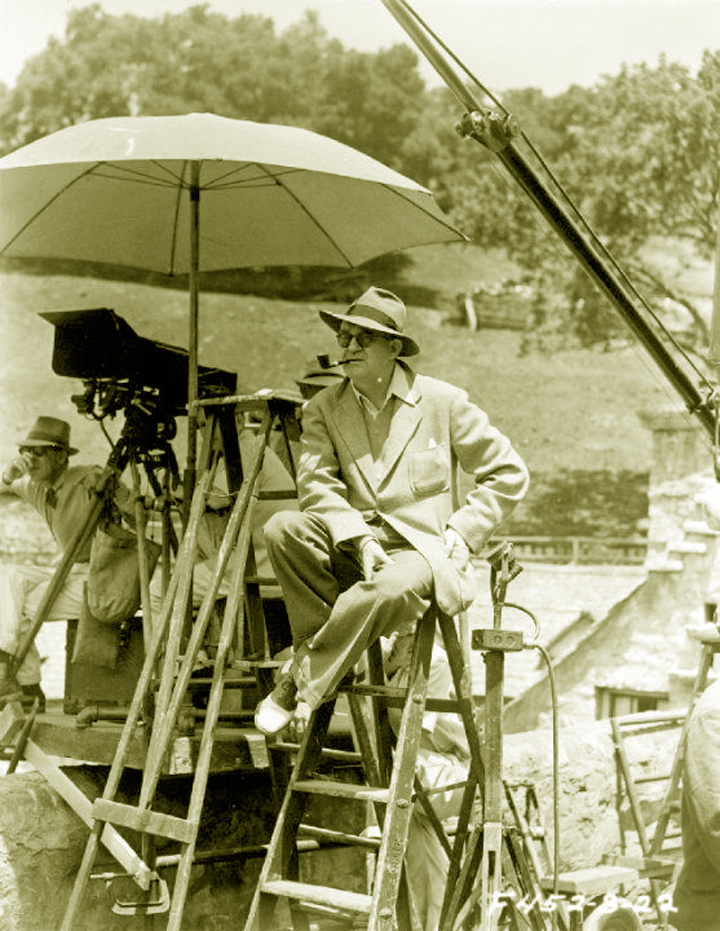
My name’s John Ford. I make westerns – John Ford
Ford Films for Review:
- My Darling Clementine (1946)
- Rio Grande (1950)
- The Searchers (1956)
15. Josef von Sternberg
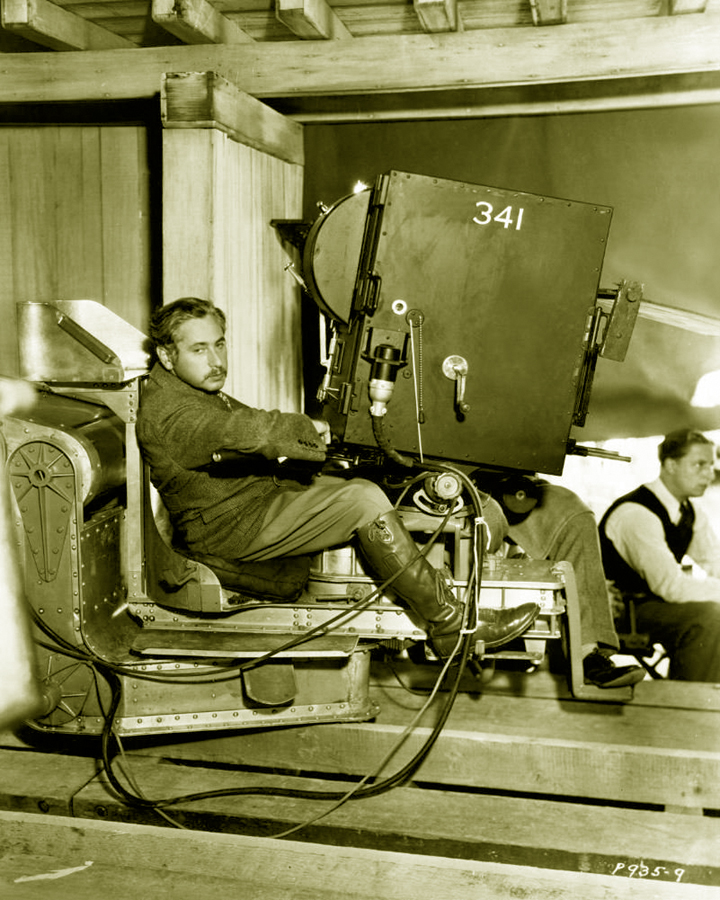
Shadow is mystery and light is clarity. Shadow conceals – light reveals. To know what to reveal and what to conceal and in what degrees to do this is all there is to art. – Josef von Sternberg
Sternberg Films for Review:
- The Docks of New York (1928)
- The Blue Angel (1930)
- Morocco (1930)
16. Billy Wilder
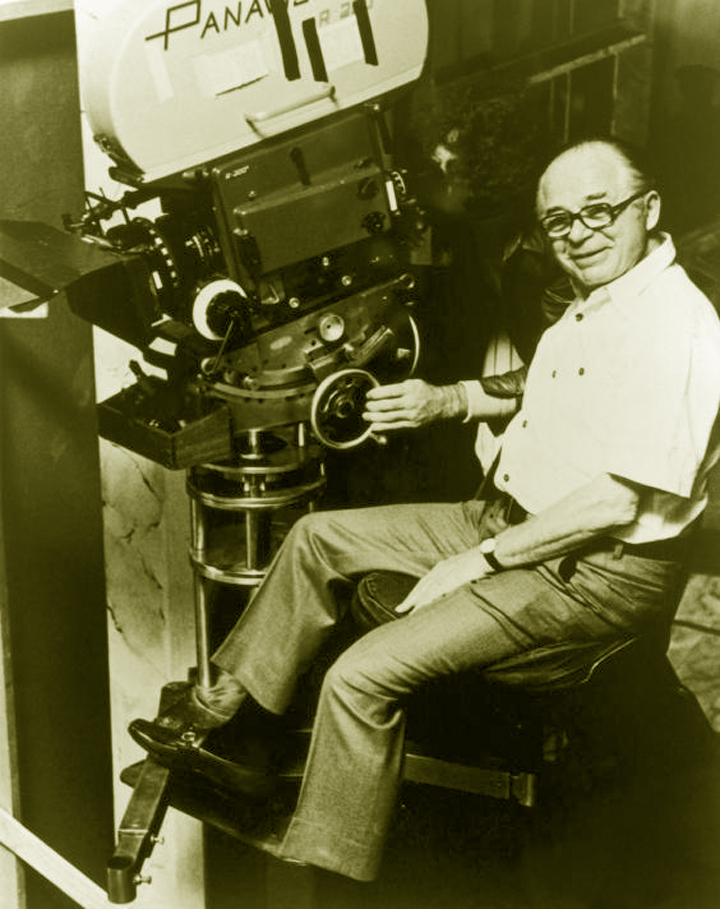
I have ten commandments. The first nine are, thou shalt not bore. The tenth is, thou shalt have right of final cut. – Billy Wilder
Wilder Films for Review:
- Double Indemnity (1944)
- Sunset Boulevard (1950)
- Some Like It Hot (1959)
17. Robert Altman
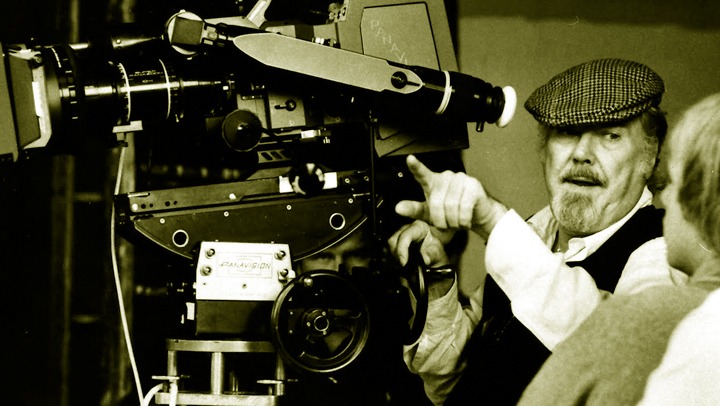
Making a movie is like chipping away at a stone. You take a piece off here, you take a piece off there and when you’re finished, you have a sculpture. You know that there’s something in there, but you’re not sure exactly what it is until you find it. – Robert Altman
Altman Films for Review:
- McCabe & Mrs. Miller (1971)
- Nashville (1975)
- Short Cuts (1993)
18. D.W. Griffith
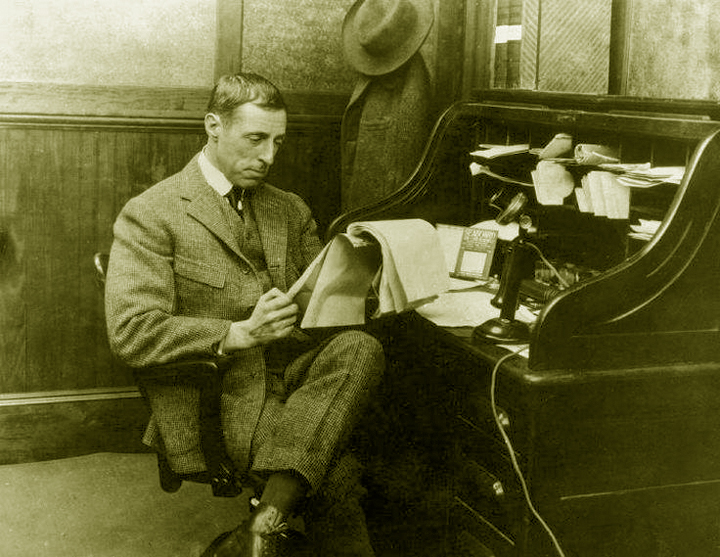
Remember how small the world was before I came along? I brought it all to life: I moved the whole world onto a 20-foot screen. I made them see, didn’t I? I changed everything. – D.W. Griffith
Griffith Films for Review:
- The Birth of a Nation (1915)
- Intolerance (1916)
- Broken Blossoms (1919)
19. Abbas Kiarostami
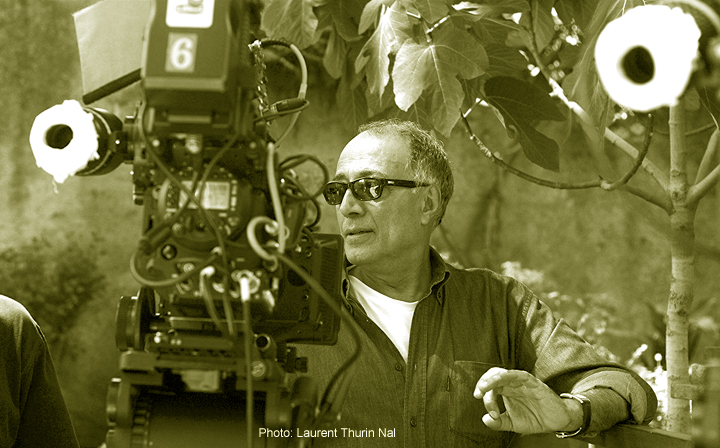
My films have been progressing towards a certain kind of minimalism, even though it was never intended. Elements which can be eliminated have been eliminated. – Abbas Kiarostami
Kiarostami Films for Review:
- Close-Up (1990)
- Taste of Cherry (1997)
- The Wind Will Carry Us (1999)
20. Carl Theodor Dreyer
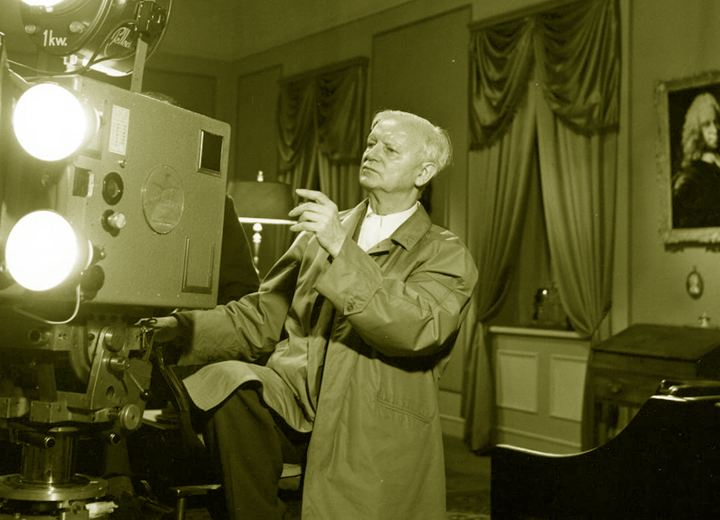
Nothing in the world can be compared to the human face. It is a land one can never tire of exploring. There is no greater experience in a studio than to witness the expression of a sensitive face under the mysterious power of inspiration. To see it animated from inside, and turning into poetry. – Carl Theodor Dreyer
Dreyer Films for Review:
- The Passion of Joan of Arc (1928)
- Day of Wrath (1943)
- Ordet (The Word) (1955)
21. Michelangelo Antonioni
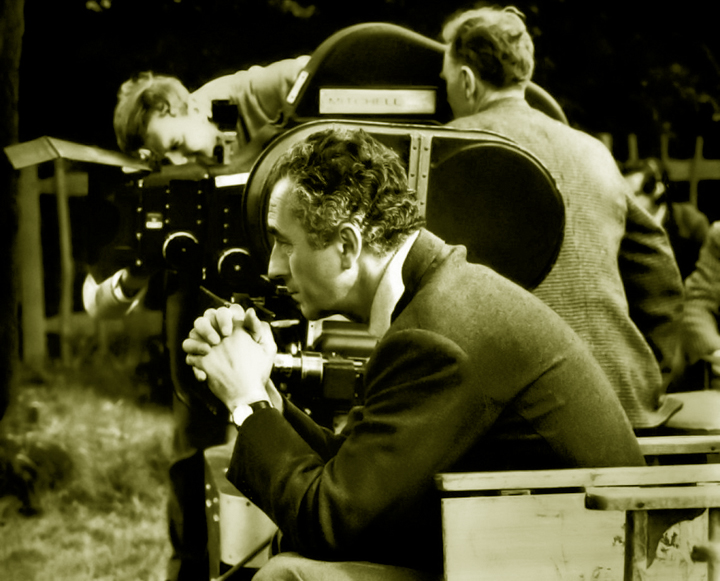
After you’ve learned two or three basic rules of cinema grammar, you can do what you like – including breaking those rules. A film you can explain in words is not a real film. – Michelangelo Antonioni
Antonioni Films for Review:
- L’Avventura (1960)
- L’Eclisse (1962)
- Blow-up (1966)
22. Buster Keaton
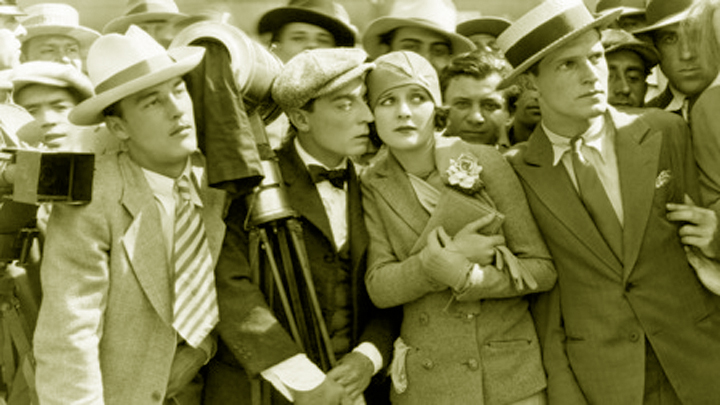
Tragedy is a close-up; comedy, a long shot. Charlie Chaplin and I would have a friendly contest: Who could do the feature film with the least subtitles. – Buster Keaton
Buster Keaton Films for Review:
- Sherlock Jr. (1924)
- The General, co-director Clyde Adolf Bruckman (1927)
- Steamboat Bill, Jr. (1928)
23. Chantal Akerman
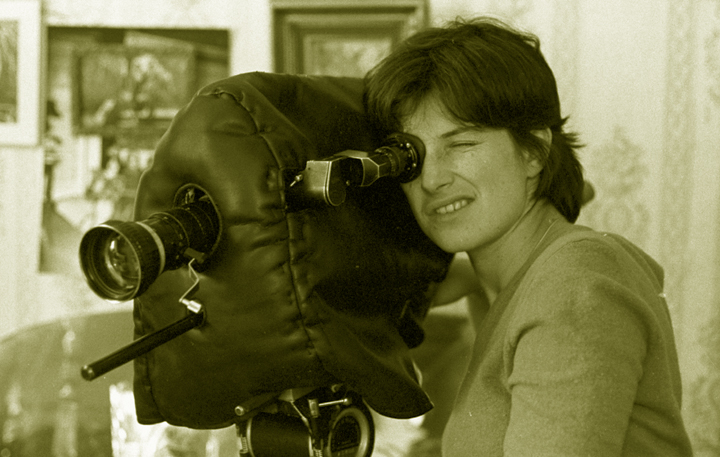
When people ask me if I am a feminist film maker, I reply I am a woman and I also make films. – Chantal Akerman
Akerman Films for Review:
- Jeanne Dielman, 23 quai du Commerce, 1080 Bruxelles (1975)
- News from Home (1977)
- D’Est, From the East (1993)
24. Rainer Werner Fassbinder
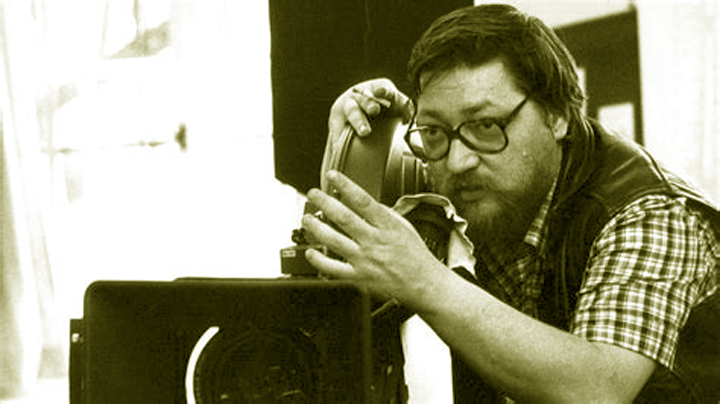
Every decent director has only one subject, and finally only makes the same film over and over again. My subject is the exploitability of feelings, whoever might be the one exploiting them. It never ends. It’s a permanent theme. Whether the state exploits patriotism, or whether in a couple relationship, one partner destroys the other. – Rainer Werner Fassbinder
Fassbinder Films for Review:
- The Merchant of Four Seasons (1972)
- Ali: Fear Eats the Soul (1974)
- Berlin Alexanderplatz, a 14-part West German crime television miniseries (1980)
25. Ousmane Sembène
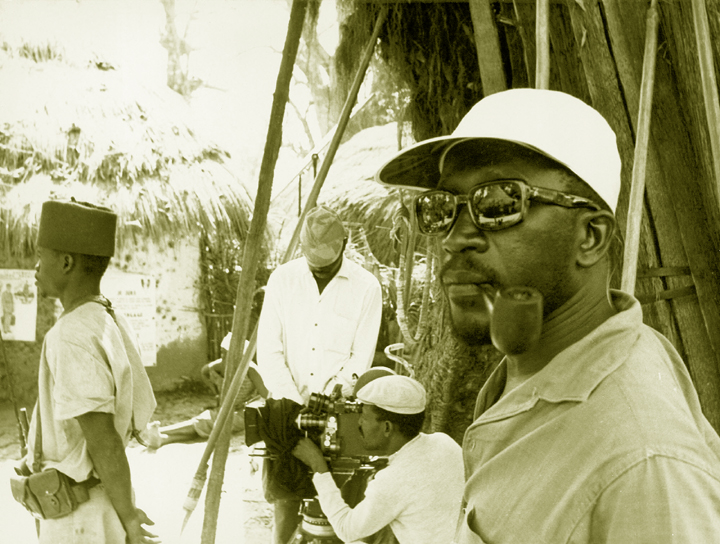
I think cinema is needed throughout Africa, because we are lagging behind in the knowledge of our own history. I think we need to create a culture that is our own. I think that images are very fascinating and very important to that end. Our forefathers’ image of women must be buried once for all. – Ousmane Sembène
Sembene Films for Review:
- La Noire de… Black Girl (1966)
- Mandabi (1968)
- Xala (1975)
26. Charles Chaplin

Laughter is the tonic, the relief, the surcease from pain. You’ll never find rainbows if you’re looking down. We think too much and feel too little. – Charles Chaplin
Chaplin Films for Review:
- City Lights (1931)
- The Great Dictator (1940)
- Monsieur Verdoux (1947)
27. Andrei Tarkovsky
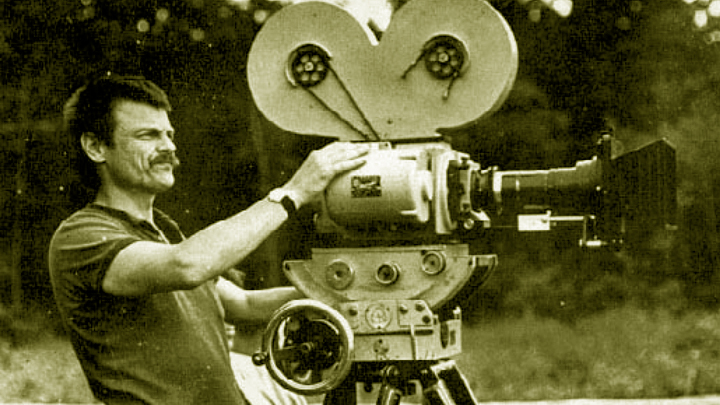
The director’s task is to recreate life, its movement, its contradictions, its dynamic and conflicts. It is his duty to reveal every iota of the truth he has seen, even if not everyone finds that truth acceptable. – Andrei Tarkovsky
Tarkovsky Films for Review:
- Andrei Rublev (1966)
- Solaris (1972)
- Stalker (1979)
28. Federico Fellini
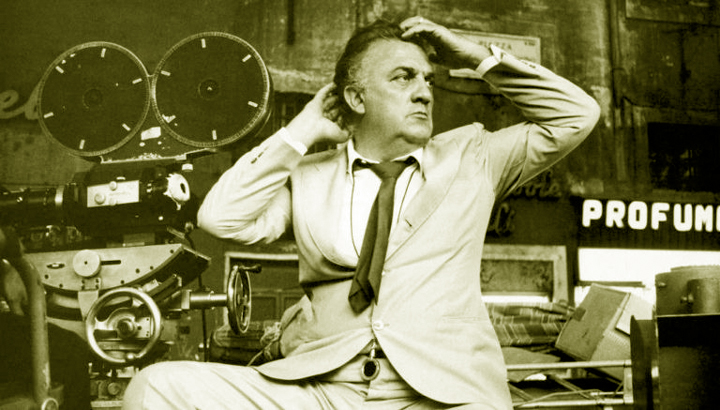
Even if I set out to make a film about a fillet of sole, it would be about me. – Federico Fellini
Fellini Films for Review:
- Nights of Cabiria (1957)
- La Dolce Vita (1960)
- 8½ (1963),
29. Ermanno Olmi
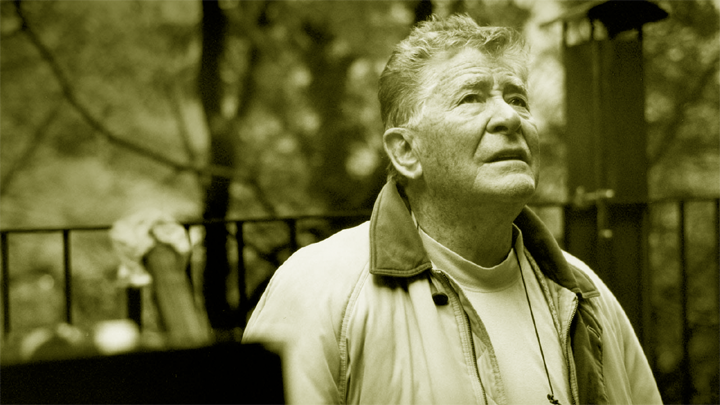
I really don’t feel exclusive. My ambition instead, perhaps because of my peasant–worker background, is to look at the world with others, not as an aristocratic. – Ermanno Olmi
Olmi Films for Review:
- Il Posto (1962)
- The Tree of Wooden Clogs (1978)
- Tickets, an anthology film directed by Ermanno Olmi, Abbas Kiarostami and Ken Loach (2005)
30. Akira Kurosawa

Kurosawa Films for Review:
For me, filmmaking combines everything. That’s the reason I’ve made cinema my life’s work. In films, painting and literature, theatre and music come together. But a film is still a film. – Akira Kurosawa
- Ikiru (1952)
- Seven Samurai (1954)
- Yojimbo (1961)
31. Sergei Eisenstein
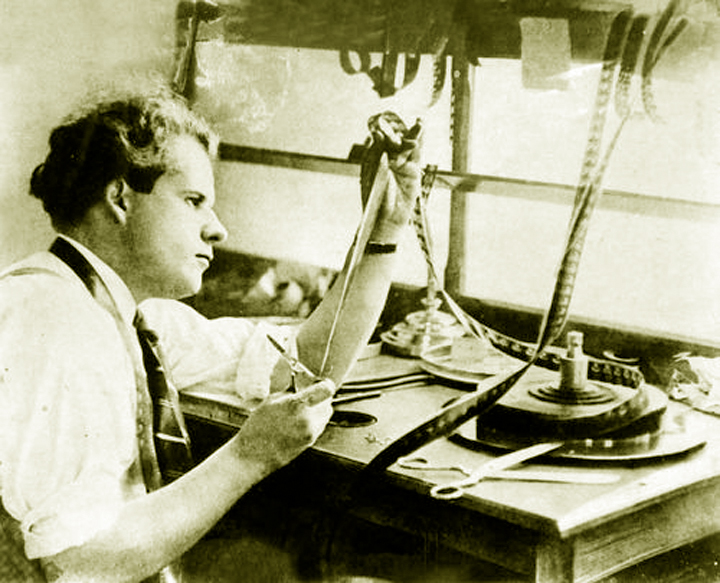
Now why should the cinema follow the forms of theater and painting rather than the methodology of language, which allows wholly new concepts of ideas to arise from the combination of two concrete denotations of two concrete objects? – Sergei Eisenstein
Eisenstein Films for Review:
- Strike (1925)
- Battleship Potemkin (1925)
- Alexander Nevsky (1938)
32. Éric Rohmer

Rohmer Films for Review:
I don’t think that my films are ‘literary’; they are based on the most ordinary things of life. – Éric Rohmer
- My Night at Maud’s (1969)
- Perceval le Gallois (1978)
- Le Beau Mariage (1981)
33. Jerzy Skolimowski
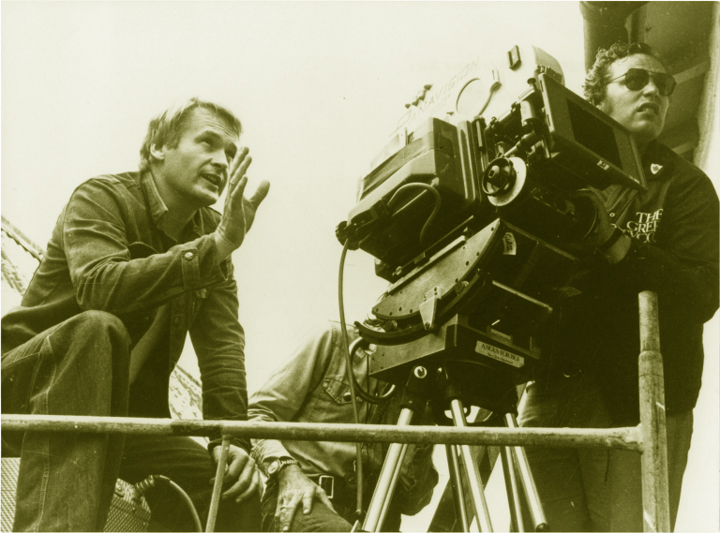
As a poet my mind is trained along the path of poetic associations – I’m not afraid to wander away from direct narrative – I feel safe with a story that tempts you to believe or disbelieve. – Jerzy Skolimowski
Skolimowski Films for Review:
- Deep End (1970)
- Moonlighting (1982)
- EO (2022)
34. F.W. Murnau
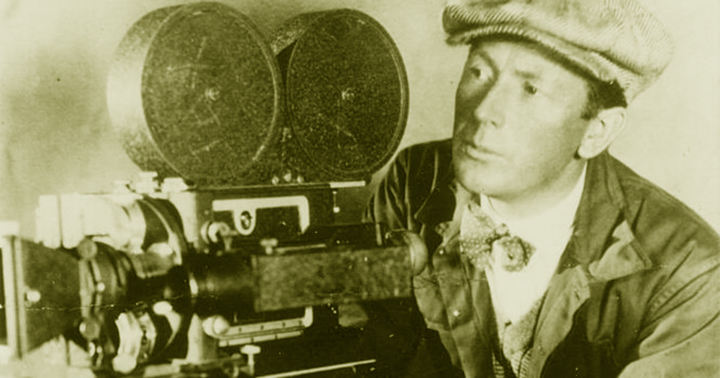
Don’t act – think! Films of the future will use more and more of these “camera angles” or, as I prefer to call them, these “dramatic angles.” – F.W. Murnau
Murnau Films for Review:
35. François Truffaut
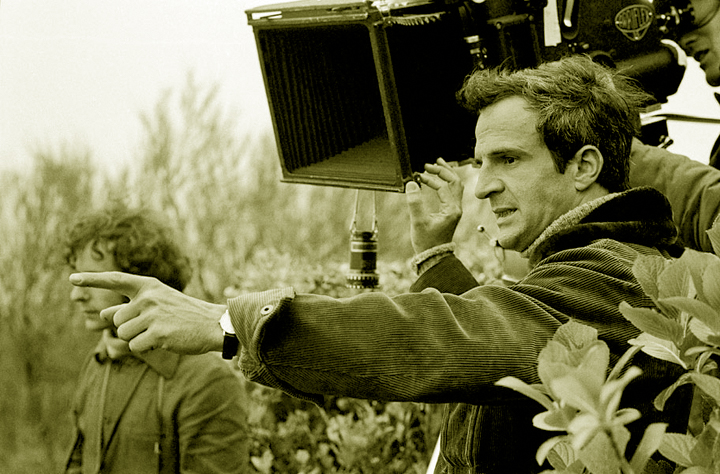
The film of tomorrow will not be directed by civil servants of the camera, but by artists for whom shooting a film constitutes a wonderful and thrilling adventure. – François Truffaut
Truffaut Films for Review:
- The 400 Blows (1959)
- Jules and Jim (1962)
- Day for Night (1973)
36. Miklós Jancsó
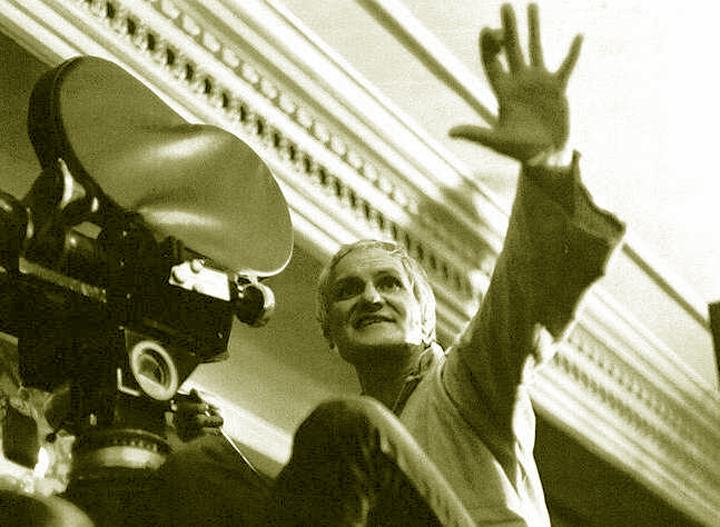
It’s very simple. Cinema has limits that it can’t exceed. It can never go beyond catching the spectator’s interest to make a spectacle. – Miklós Jancsó.
Jancsó Films for Review:
- The Round-Up (1966)
- The Red and the White (1967)
- Red Psalm (1971)
37. Hou Hsiao-hsien
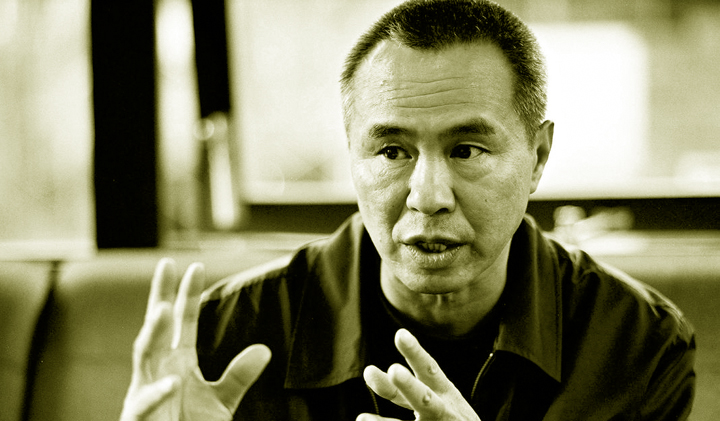
The “wu” in “wuxia” means both “to cut” and “to stop.” It also refers to the weapon – usually a sword – carried by the assassin. So wuxia stories are concerned with the premise of ending violence with violence. The hero’s journey is epic and transformative – physically, emotionally, and spiritually. – Hou Hsiao-hsien
Hou Hsiao-hsien Films for Review:
- A City of Sadness (1989)
- The Puppetmaster (1993)
- Flowers of Shanghai (1998)
38. Werner Herzog
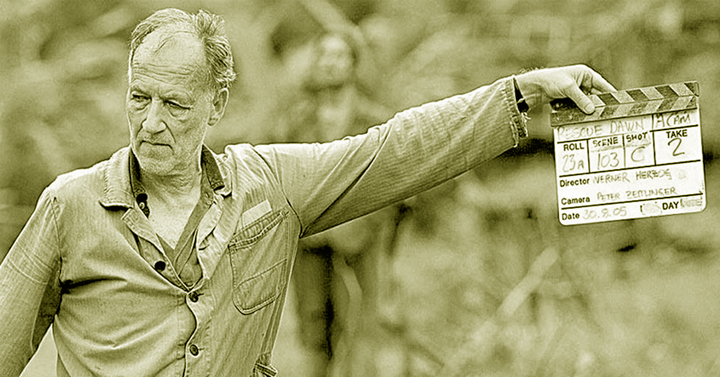
There are deeper strata of truth in cinema, and there is such a thing as poetic, ecstatic truth. It is mysterious and elusive, and can be reached only through fabrication and imagination and stylization. – Werner Herzog
Herzog Films for Review:
- Aguirre, the Wrath of God (1972)
- The Enigma of Kaspar Hauser (1974)
- Stroszek (1977)
39. Satyajit Ray

The director is the only person who knows what the film is about. Cinema’s characteristic forte is its ability to capture and communicate the intimacies of the human mind. – Satyajit Ray
Ray Films for Review:
- Pather Panchali (1955)
- Apur Sansar (The World of Apu) (1959)
- Aranyer Din Ratri (Days and Nights in the Forest) (1970)
40. Stanley Kubrick
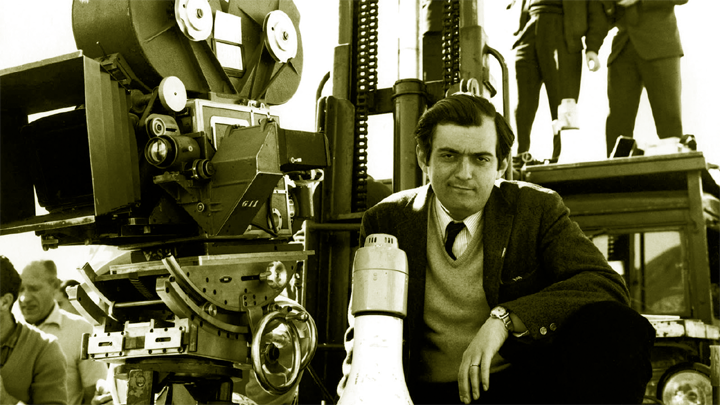
A film is – or should be – more like music than like fiction. – Stanley Kubrick
Kubrick Films for Review:
- Dr. Strangelove or How I Learned to Stop Worrying and Love the Bomb (1964)
- 2001: A Space Odyssey (1968)
- The Shining (1980)
41. Alain Resnais
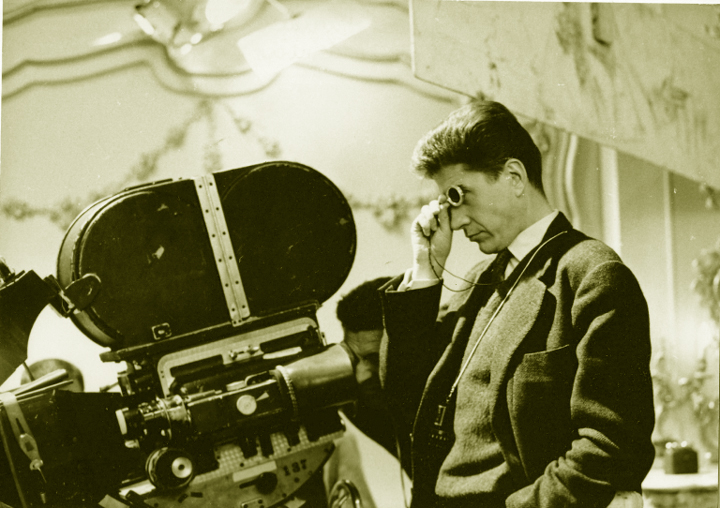
I use formal techniques to make the film more perceptive emotionally. – Alain Resnais
Resnais Films for Review:
- Hiroshima mon amour (1959)
- Last Year at Marienbad (1961)
- Mon oncle d’Amérique (1980)
42. John Cassavetes
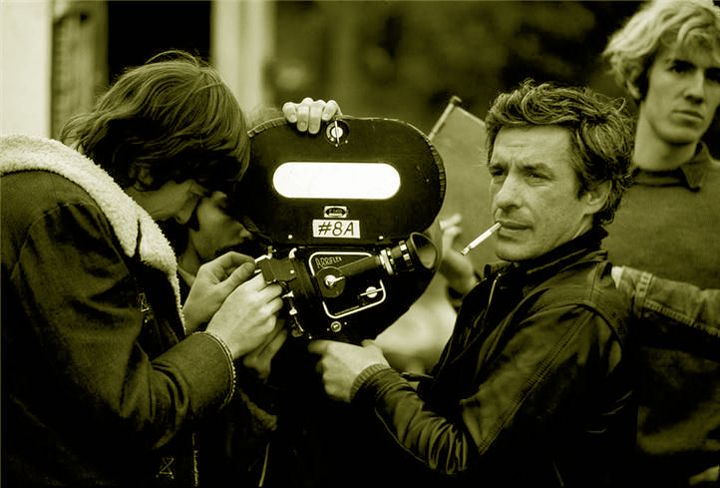
During the actual filming, I’m not really listening to dialogue. I’m watching to see if the actors are communicating something and expressing something. You’re not aware of exactly what people are saying. You are aware of what they are INTENDING and what kind of feeling is going on in that scene. – John Cassavetes
Cassavetes Films for Review:
- Faces (1968)
- A Woman Under the Influence (1974)
- Opening Night (1977)
43. Claire Denis
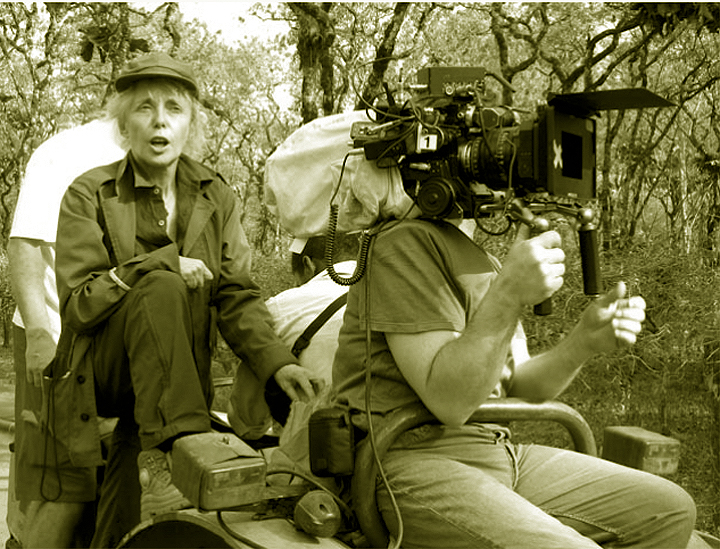
I am not at all interested in theories about cinema. I am only interested in images and people and sound. – Claire Denis
Denis Films for Review:
- Chocolat (1988)
- Beau Travail (1999)
- Stars at Noon (2022)
44. Sam Peckinpah
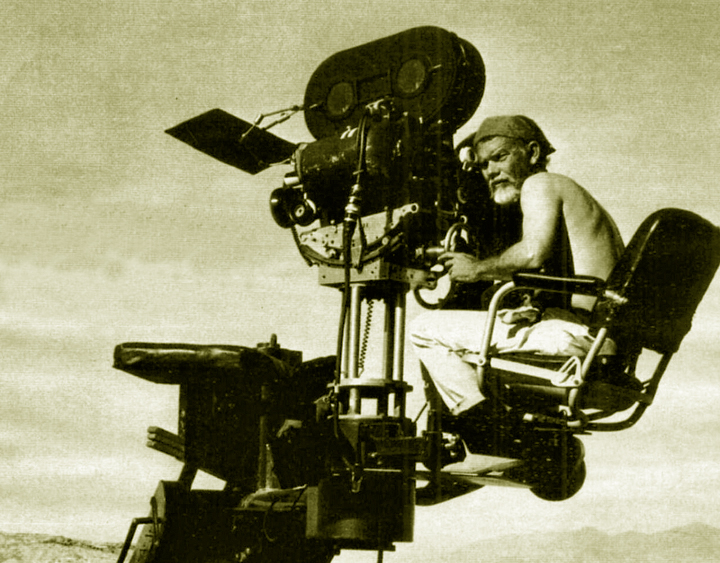
The whole underside of our society has always been violence and still is. Churches, laws – everybody seems to think that man is a noble savage. But he’s only an animal. A meat-eating, talking animal. Recognize it. He also has grace and love and beauty. But don’t say to me we’re not violent. – Sam Peckinpah
Peckinpah Films for Review:
- Ride the High Country (1962)
- The Wild Bunch (1969)
- Pat Garrett and Billy the Kid (1973)
45. Andrzej Wajda
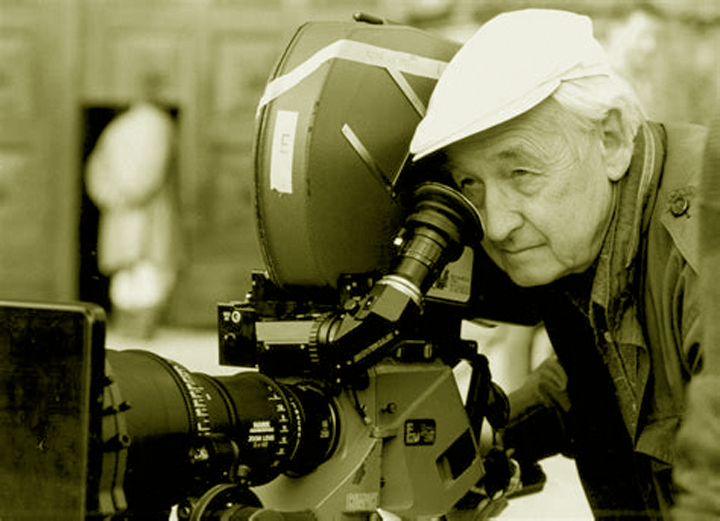
When a film is created, it is created in a language, which is not only about words, but also the way that very language encodes our perception of the world, our understanding of it. – Andrzej Wajda
- Kanał (1957)
- Ashes and Diamonds (1958)
- Man of Iron (1981)
46. Martin Scorsese
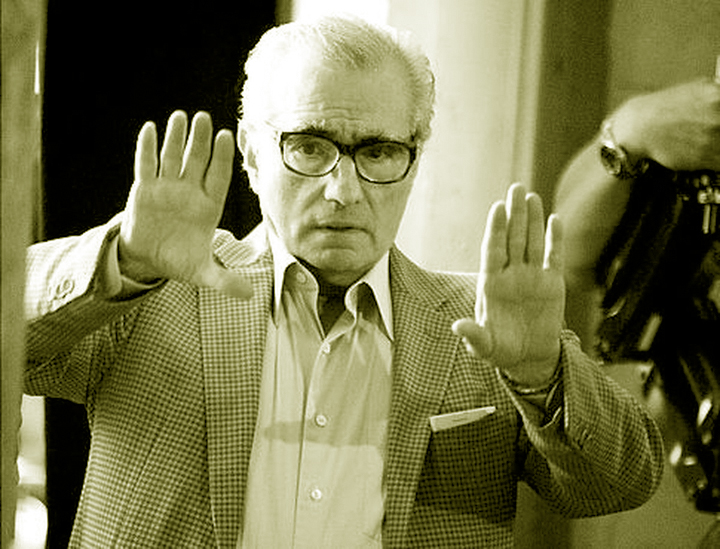
Cinema is a matter of what’s in the frame and what’s out. – Martin Scorsese
Scorsese Films for Review:
- Mean Streets (1973)
- Taxi Driver (1977)
- Raging Bull (1980)
47. Masahiro Shinoda
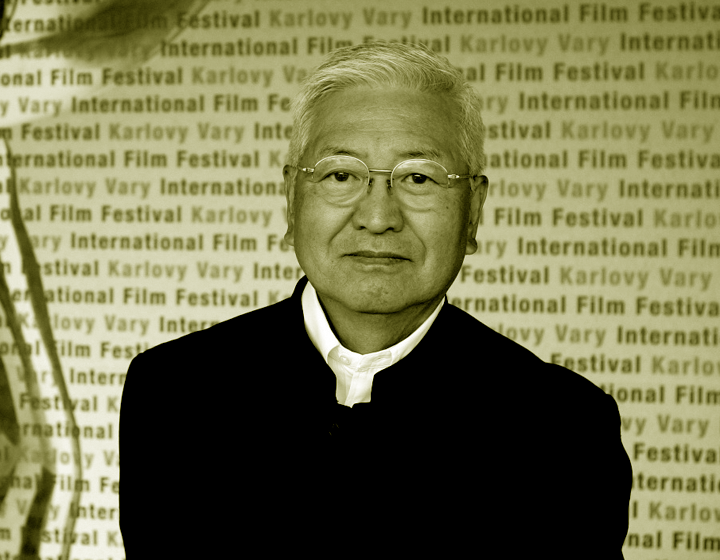
One thing I can say is either to look at films very carefully, watch a lot of films, or don’t see any films at all. Just imagine! – Masahiro Shinoda
Shinoda Films for Review:
- Pale Flower (1964)
- Double Suicide) (1969)
- Ballad of Orin (1977)
48. Ingmar Bergman
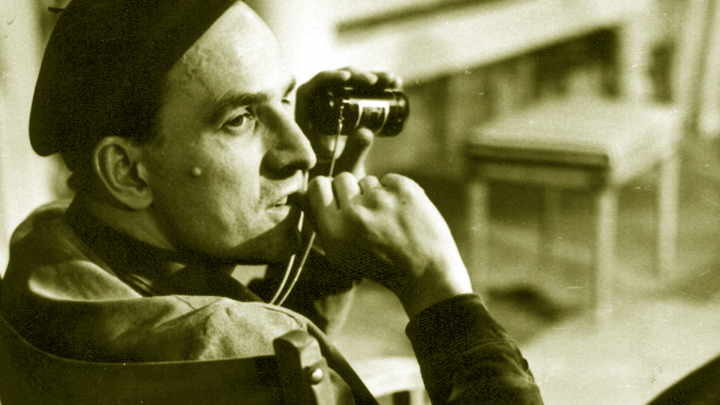
Film as dream, film as music. No art passes our conscience in the way film does, and goes directly to our feelings, deep down into the dark rooms of our souls. – Ingmar Bergman
Bergman Films for Review:
- The Seventh Seal (1958)
- Winter Light (1962)
- Persona (1966)
49. Sergio Leone
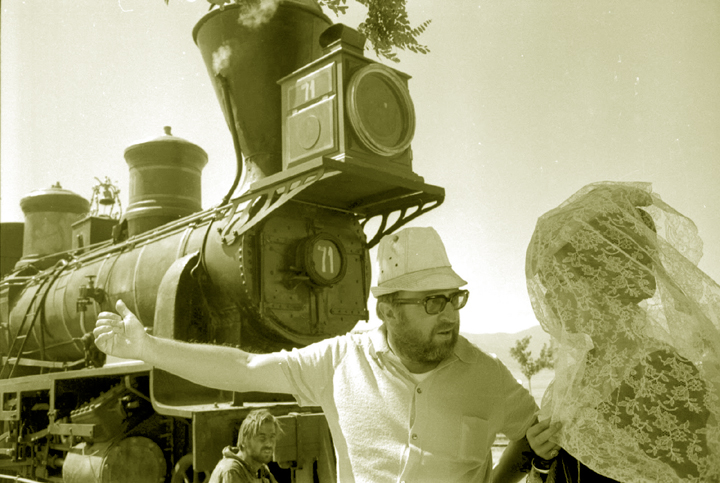
When I was young, I believed in three things: Marxism, the redemptive power of cinema, and dynamite. Now I just believe in dynamite. – Sergio Leone
Leone Films for Review:
- The Good, the Bad and the Ugly (1966)
- Once Upon a Time in the West (1968)
- Once Upon a Time in America (1984)
50. Agnès Varda
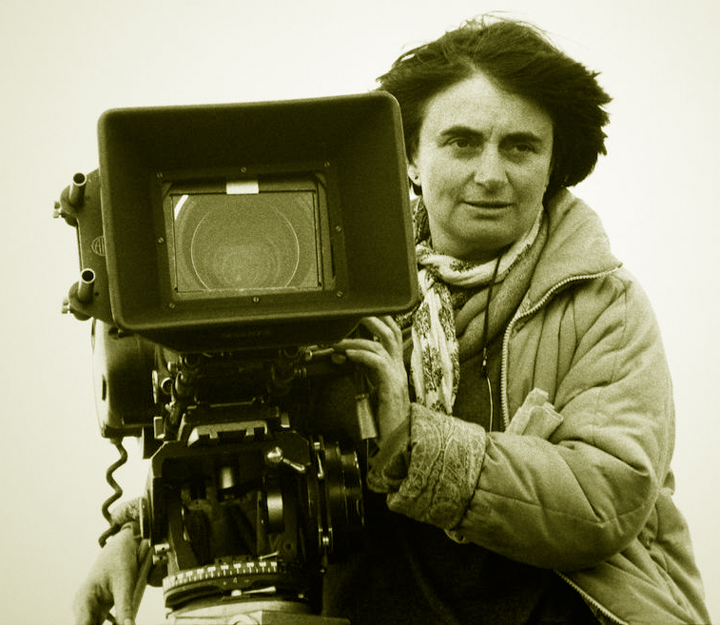
I’m not interested in seeing a film just made by a woman – not unless she is looking for new images. – Agnes Varda
Varda Films for Review:
- Cléo from 5 to 7 (1962)
- Le Bonheur (1965)
- Vagabond (1985)
51. Jacques Rivette
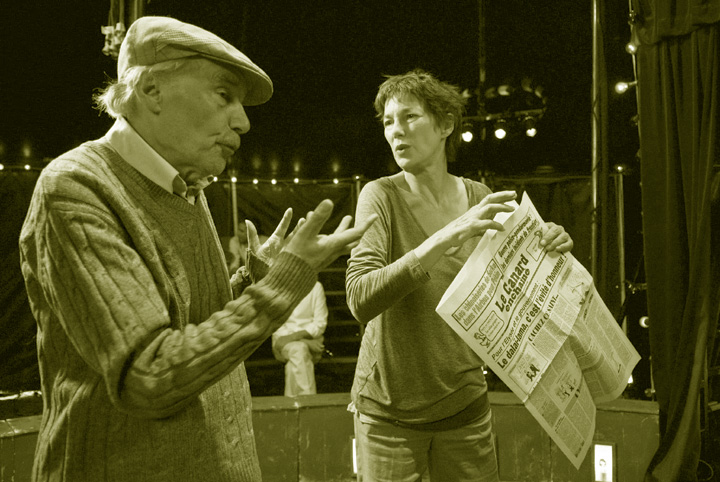
I guess I like a lot of directors. Or at least I try to. – Jacques Rivette
Rivette Films for Review:
- L’amour fou (1969)
- Celine and Julie Go Boating (1974)
- La Belle Noiseuse (1991)
52. Clint Eastwood
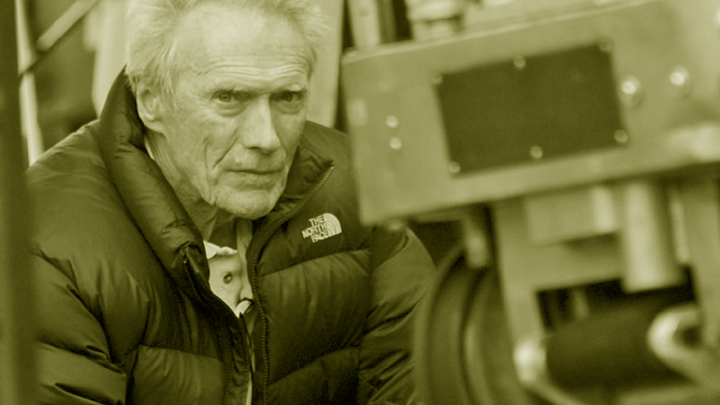
I keep working because I learn something new all the time. – Clint Eastwood
Eastwood Films for Review:
- Unforgiven (1992)
- Mystic River (2003)
- Million Dollar Baby (2004)
53. Erich von Stroheim
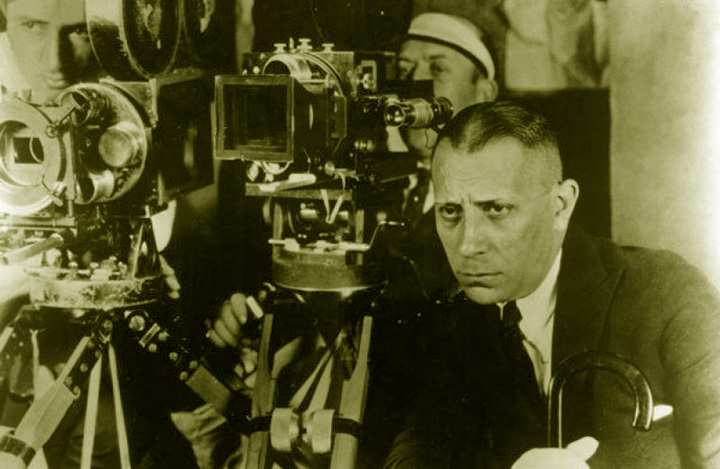
In Hollywood, you’re only as good as your last picture. – Erich von Stroheim
Stroheim Films for Review:
- Blind Husbands (1919)
- Foolish Wives (1922)
- Greed (1924)
54. Chris Marker
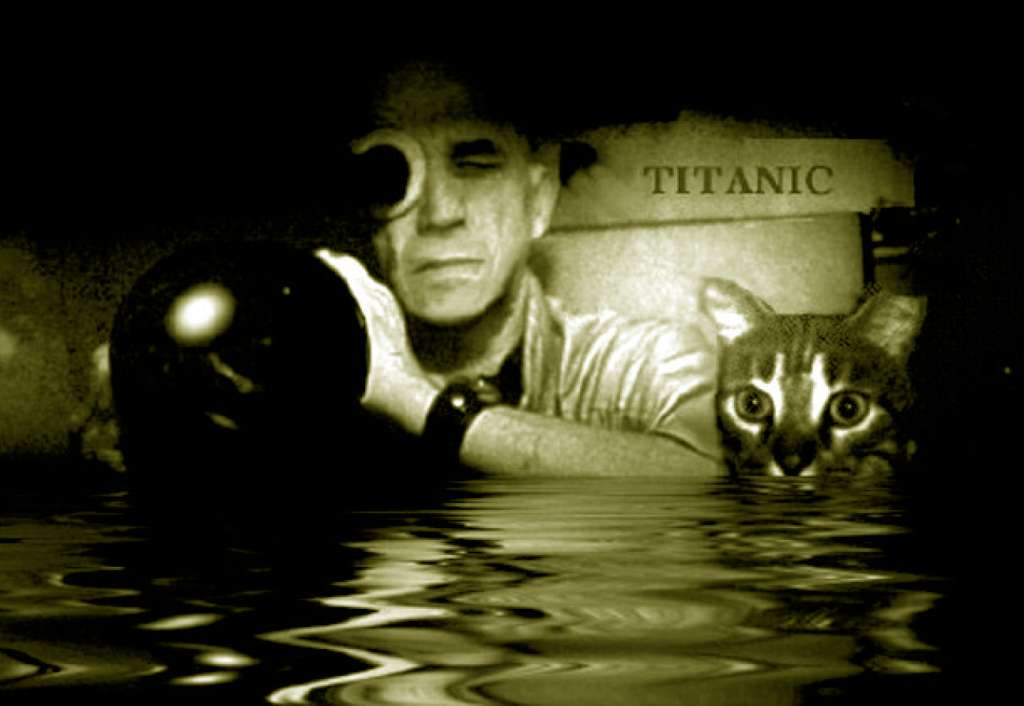
An object dies when the gaze that lights on it has disappeared. – Chris Marker
Marker Films for Review:
- La Jetée (1962)
- Sans Soleil (1983)
- Loin du Vietnam, short in compilation film (1967)
55. Robert Flaherty
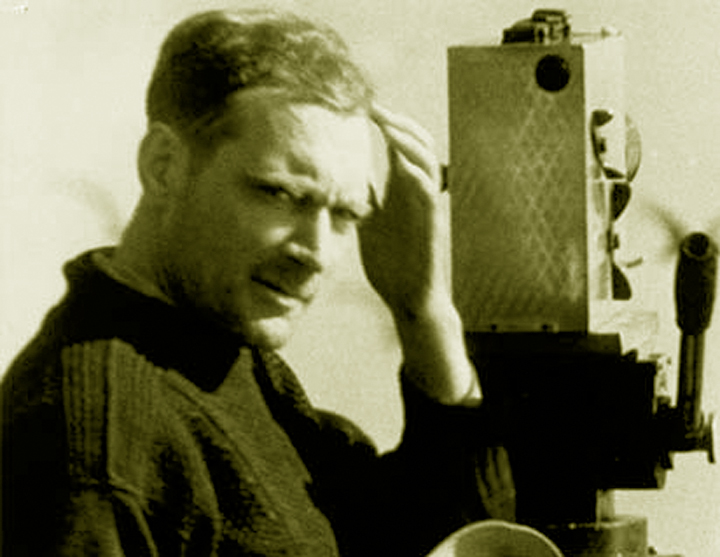
Sometimes you have to lie. One often has to distort a thing to catch its true spirit. – Robert Flaherty
Flaherty Films for Review::
- Nanook of the North (1922)
- Man of Aran (1934)
- Louisiana Story (1948)
56. Claude Chabrol
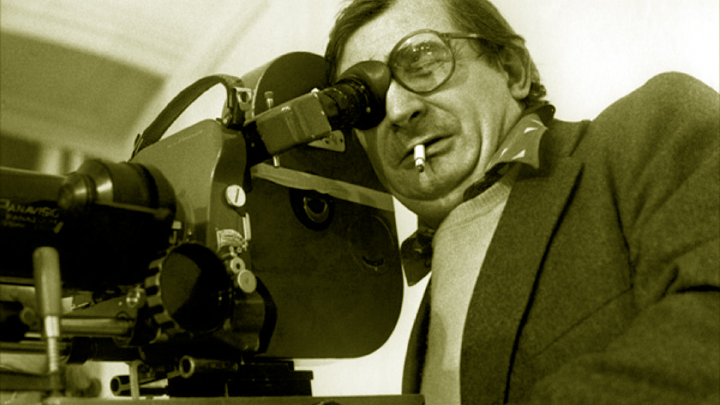
Films with a message just make me laugh. – Claude Chabrol
Chabrol Films for Review:
- La Femme infidèle (1969)
- Le Boucher (1970)
- Juste avant la nuit (1971)
57. Michael Powel & Emeric Pressburger
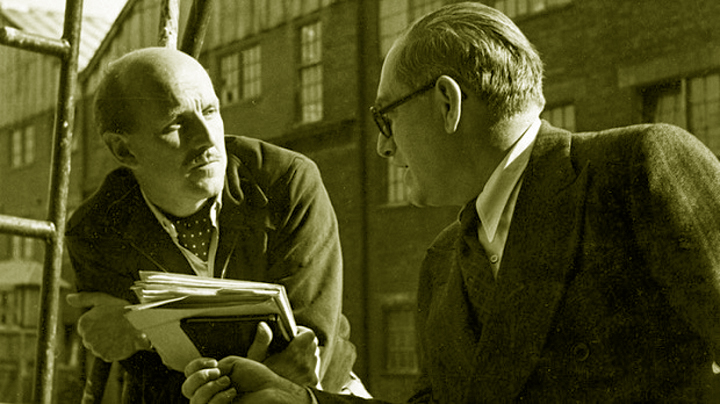
Of course, all films are surrealist. They are because they are making something that looks like a real world but isn’t. – Michael Powell
Powell & Pressburger Films for Review:
- A Matter of Life and Death (1946)
- Black Narcissus (1947)
- The Red Shoes (1948
58. Joseph Losey
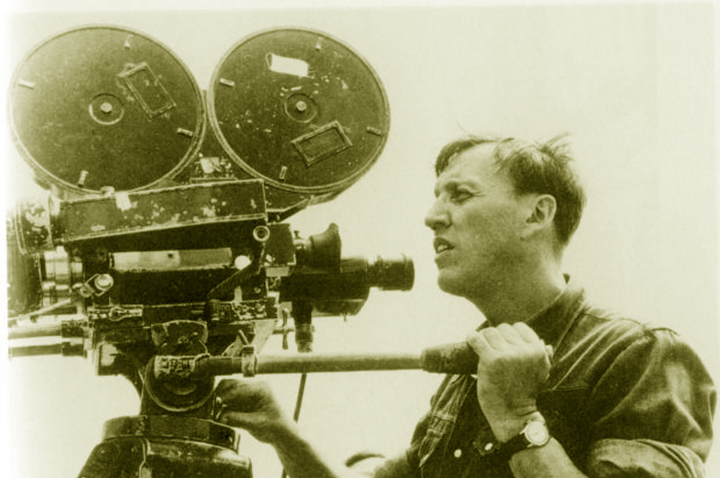
Films can illustrate our existence… they can distress, disturb and provoke people into thinking about themselves and certain problems. But NOT give the answers. America has abandoned the strong woman of spirituality and is shacking up with the harlot of materialism. – Joseph Losey
Losey Films for Review:
- The Servant (1963)
- Accident (1967)
- The Go-Between (1971)
59. Preston Sturges
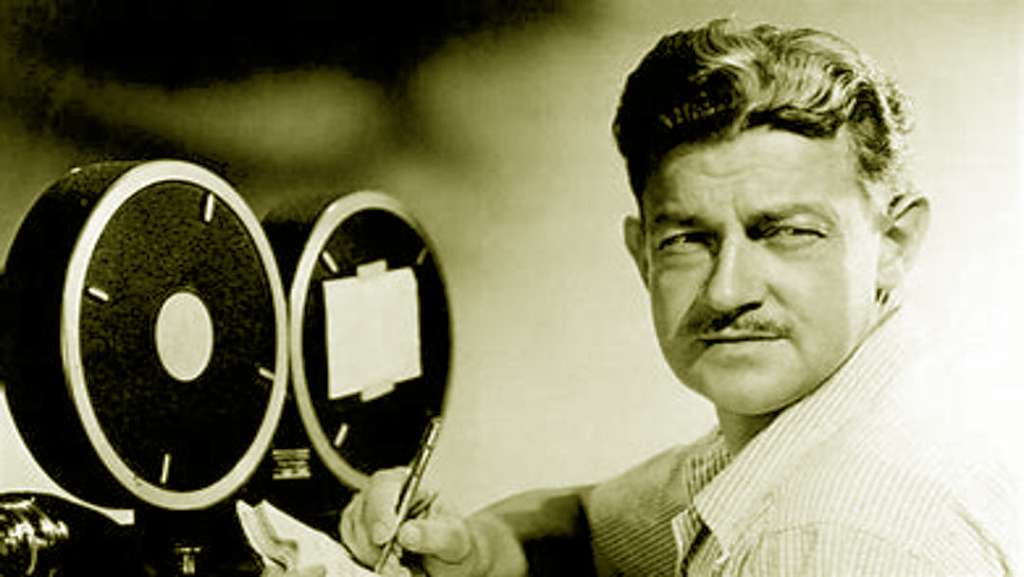
I did not think that a good movie was the equivalent of a good stage play, any more than I thought an automobile ride was as exhilarating as a drive behind a spirited horse, nor a trip by steam as soul-satisfying as a voyage by sail. – Preston Sturges
Sturges Films for Review:
- Hail the Conquering Hero (1944)
- The Lady Eve (1941)
- Sullivan’s Travels (1941)
60. David Cronenberg
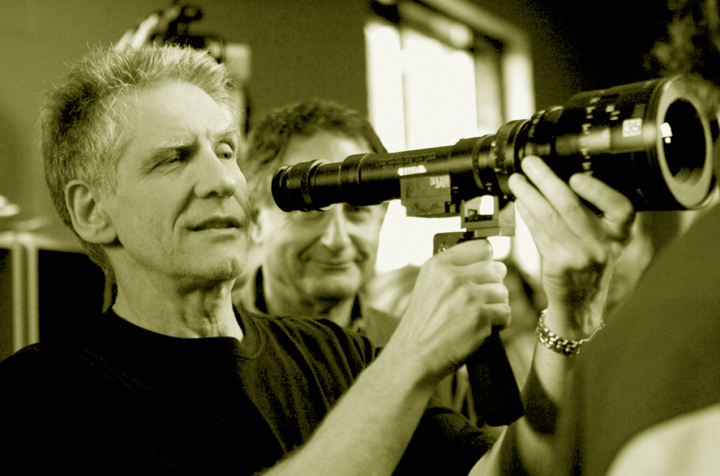
Everybody’s a mad scientist, and life is their lab. We’re all trying to experiment to find a way to live, to solve problems, to fend off madness and chaos. – David Cronenberg
Cronenberg Films for Review:
- Spider (2002)
- Dead Ringers (1988)
- A History of Violence (2005)
61. Carlos Saura
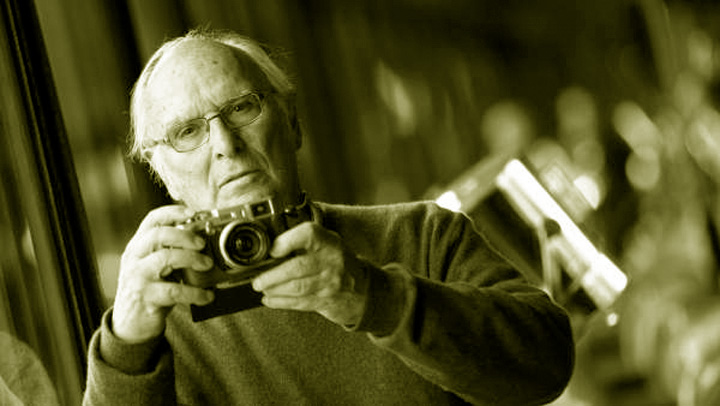
I can’t separate cinema from my life. The two things are interrelated and enrich or impoverish each other. – Carlos Saura
Saura Films for Review:
- Ana and the Wolves (1972)
- Cría cuervos (1975)
- Flamenco Trilogy (1981 – 1986), Bodas de Sangre, Carmen, El Amor Brujo
62. Wim Wenders
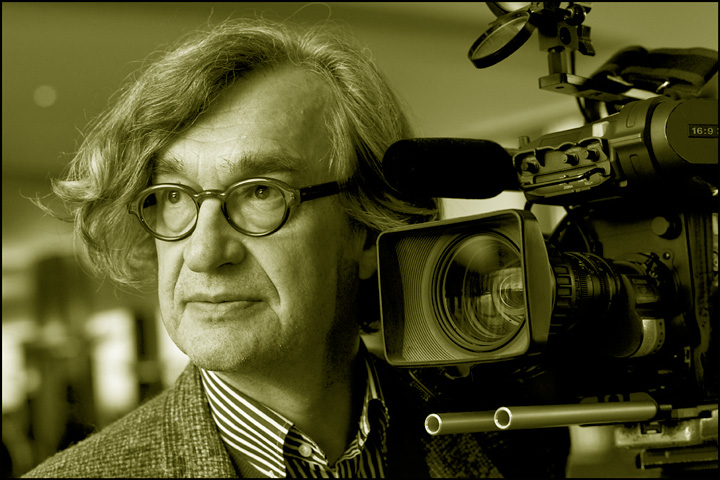
Film is a very, very powerful medium. It can either confirm the idea that things are wonderful the way they are, or it can reinforce the conception that things can be changed. – Wim Wenders
Wenders Films for Review:
- Alice in the Cities (1974)
- Kings of the Road (1976)
- The American Friend (1977)
63. John Huston
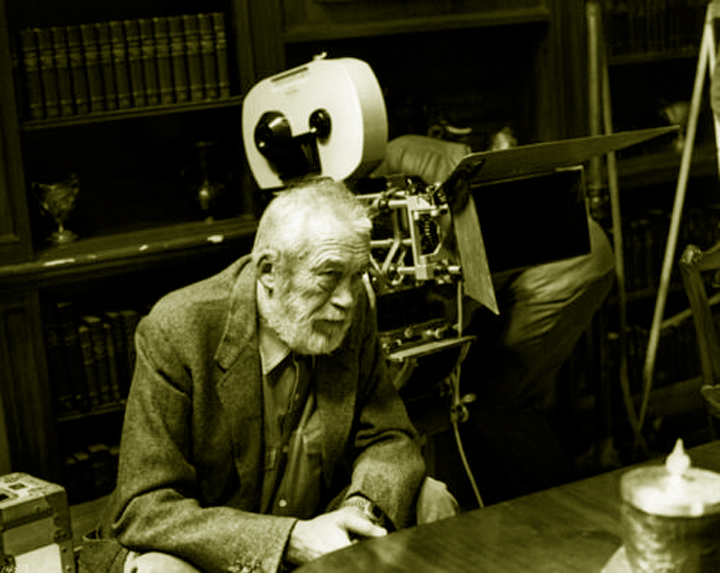
The directing of a picture involves coming out of your individual loneliness and taking a controlling part in putting together a small world. – John Huston
Huston Films for Review:
- The Maltese Falcon (1941)
- The Asphalt Jungle (1950)
- The Man Who Would Be King (1975)
64. Shōhei Imamura
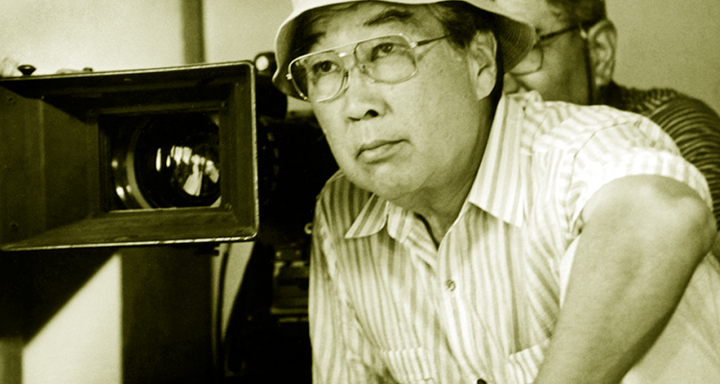
I am interested in the relationship of the lower part of the human body and the lower part of the social structure on which the reality of daily Japanese life obstinately supports itself. – Shōhei Imamura
Imamura Films for Review:
- Vengeance Is Mine (1979)
- The Ballad of Narayama (1983)
- Black Rain (1989)
65. Nicholas Ray
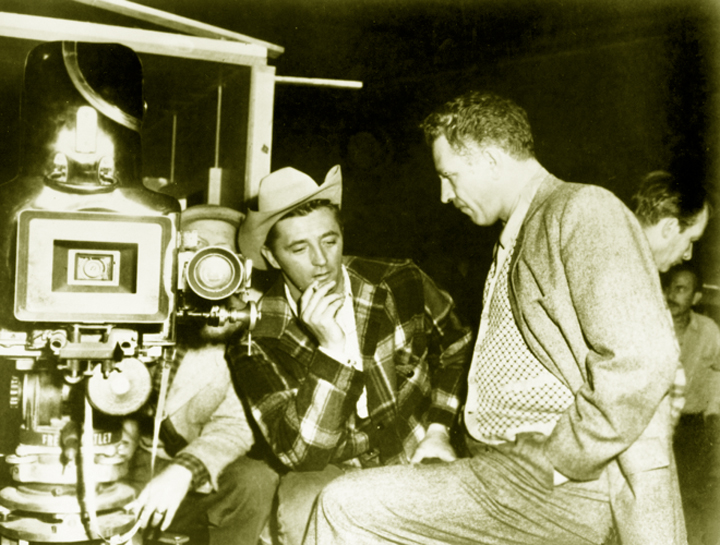
An actor can be as talented as another, but if he doesn’t stick to what the director’s intentions are, it all falls down. – Nicholas Ray
Ray Films for Review:
- In a Lonely Place, (1950 )
- Johnny Guitar (1954)
- Bitter Victory (1957)
66. Jean Vigo
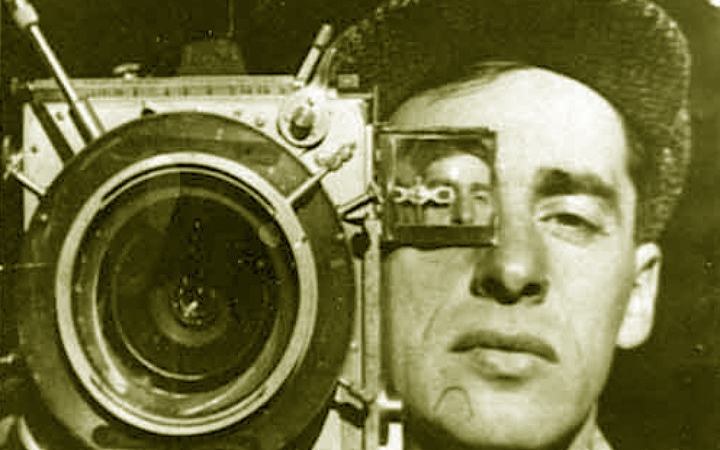
However paradoxical it may seem, the film studio’s ideal would be to produce only one film which would go on making money forever. – Jean Vigo
Vigo Films for Review:
- Zéro de conduite featurette (1933)
- L’Atalante (1934)
67. Vittorio De Sica
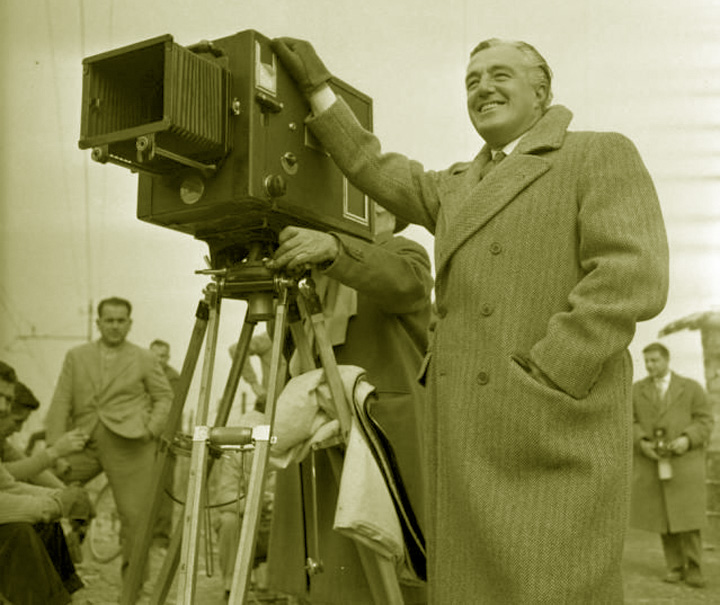
Art has to be severe. It cannot be commercial. It cannot be for the producer or even for the public. It has to be for oneself. – Vittorio De Sica
De Sica Films for Review:
- Sciuscià (1946)
- Ladri di biciclette (1948)
- Il Giardino dei Finzi-Contini (1970)
68. Jacques Tati
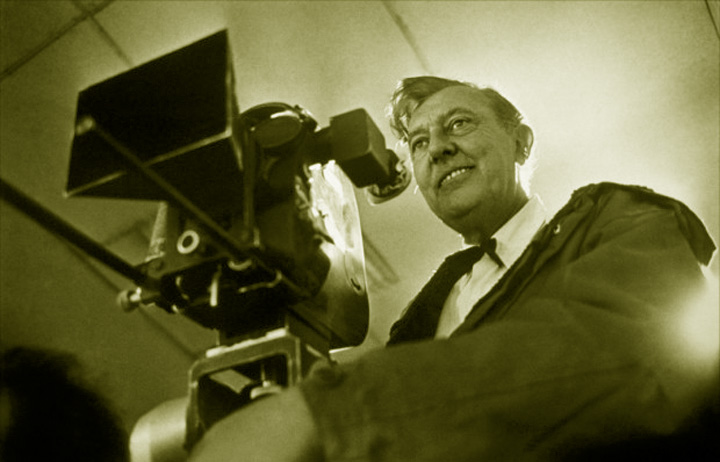
The images are designed, so that after you see the picture two or three times, its no longer my film, it starts to be your film. You recognize the people, you know them, and you don’t even know who directed the picture. – Jacques Tati
Tait Films for Review:
- Les Vacances de M. Hulot (1953)
- Playtime (1967)
- Trafic (1971)
69. Richard Lester
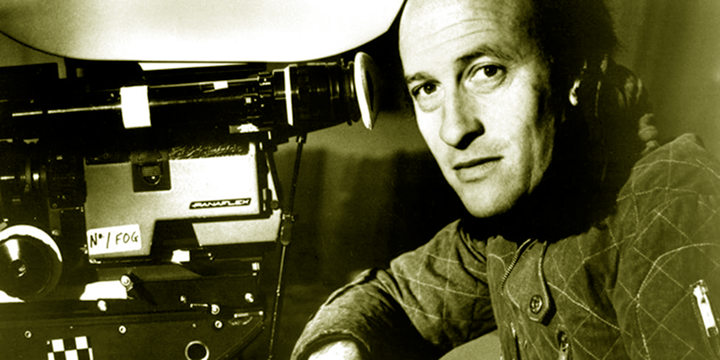
Cinema must reflect the temper of the times. We must choose material not only on the basis of whether we feel deeply, but on whether or not anyone’s bloody well going to see it. – Richard Lester
Lester Films for Review:
- A Hard Day’s Night (1964)
- Petulia (1968)
- Juggernaut (1974)
70. Kon Ichikawa
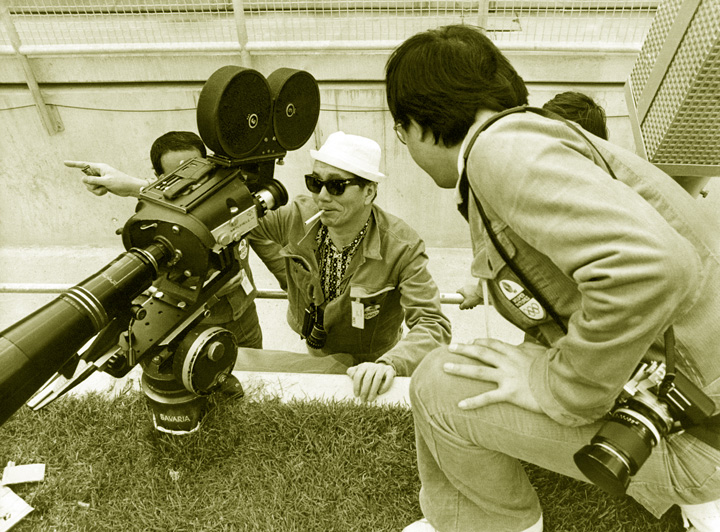
I’ve made various types of films: period dramas, modern dramas, films set in the Meiji period. But I don’t make any distinctions between them – they’re all films. True, with a period drama, there are certain conventions. With a modern drama, there is a different style of shooting. So you have to make changes according to the genre, but I never think, “This is a period drama, so I have to shoot it in such and such a way.” Films are films. If you don’t understand that, then you start filming lies. – Kon Ichikawa
Ichikawa Films for Review:
- The Burmese Harp (1956)
- Odd Obsession (1959)
- Fires on the Plain (1959)
71. Laurent Cantet

I think we’re going through a really precarious period in film production, and I very much fear that it’s going to be a lot more difficult to make my kind of cinema. If you make films that don’t exactly announce themselves as surefire hits, you feel like you’re walking a tightrope. I don’t want to take larger scale films in order to show my evolution as a director. – Laurent Cantet
Cantet Films for Review:
- Human Resources (1999)
- Time Out (2001)
- The Class (2008)
72. Jean-Pierre Melville
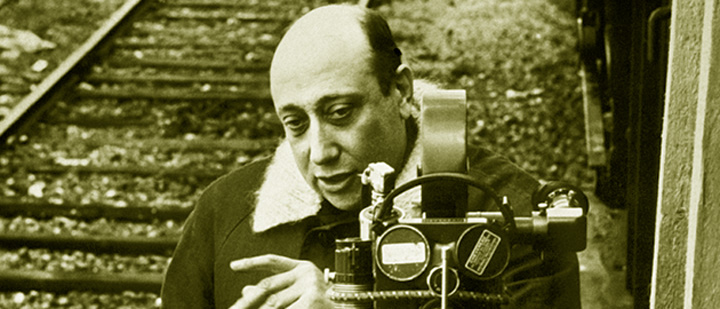
I believe that you must be madly in love with cinema to create films. You also need a huge cinematic baggage. – Jean-Pierre Melville
Melville Films for Review:
- Le Doulos (1962)
- Le Samouraï (1967)
- Army of Shadows (1969)
73. Krzysztof Zanussi
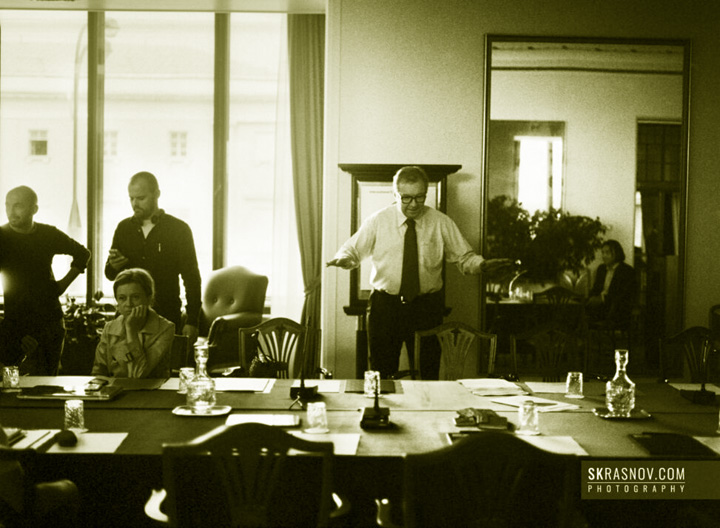
I think cinema has a unique capacity to show the passage of time. When the camera can cover a distance of forty years, and you see what really happened to the faces of the actors – how they really aged, with no need for make-up – you see what happens to us. In literature, it is only reference, it’s not sensual; in cinema it’s sensual. – Krzysztof Zanussi
Zanussi Films for Review:
- Contract – FR TV (1980)
- The Constant Factor (1980)
- A Year of the Quiet Sun (1984)
74. Luchino Visconti
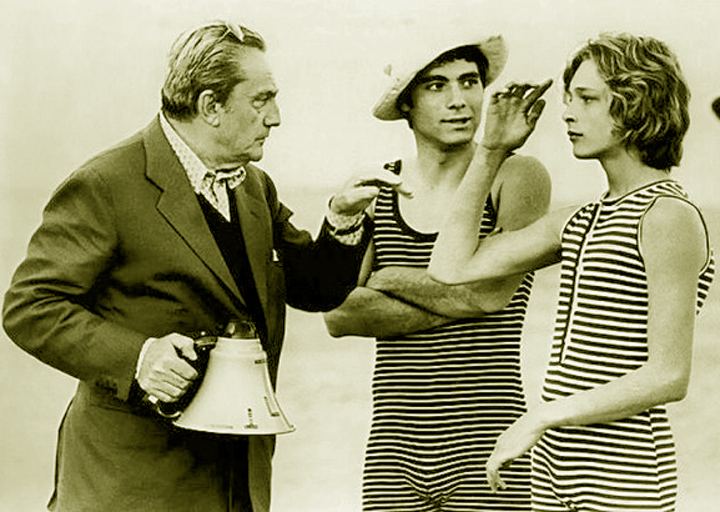
I could make a film in front of a wall if I knew how to find the data of man’s true humanity and how to express it. – Luchino Visconti
Visconti Films for Review:
- Rocco e i suoi fratelli (1960)
- Il gattopardo (1960)
- Morte a Venezia (1971)
75. David Lynch
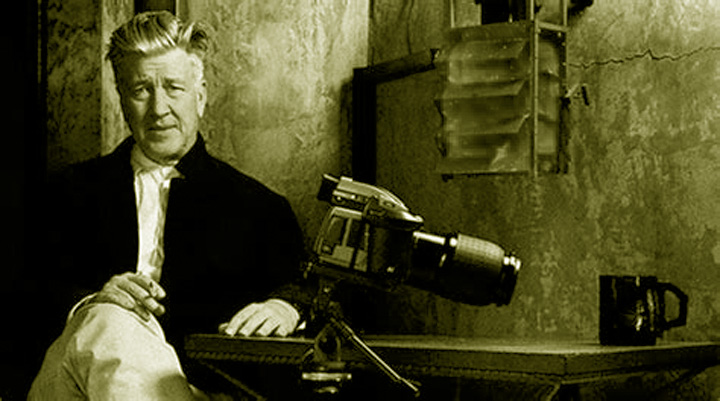
Life is very, very complicated, and so films should be allowed to be, too. – David Lynch
Lynch Films for Review:
- Blue Velvet (1986)
- Lost Highway (1997)
- Mulholland Drive (2001)
Readers, feel free to comment or send your own lists to ad***@tr**********.com .
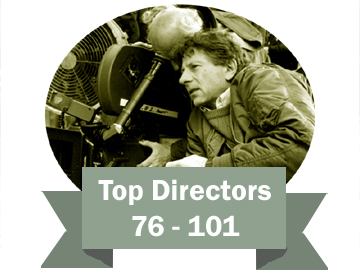


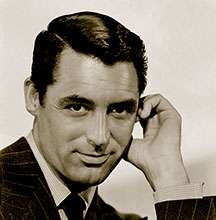


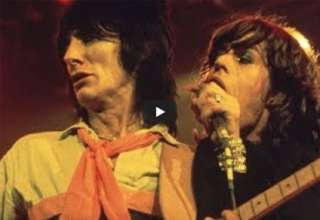

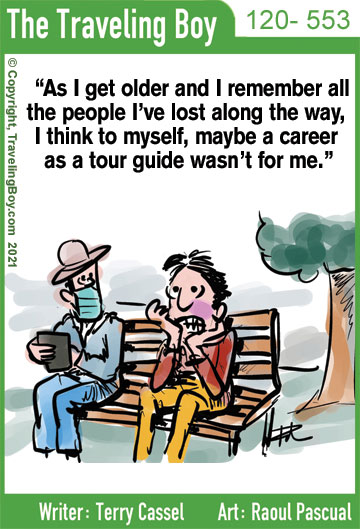
















Fritz
January 23, 2023 at 4:36 am
What an amazing piece about film.
I knew you liked to travel but I didn’t know you are also a film connoisseur. I notice you are very fond of directors of the 60s and 70s era —- especially the experimental ones who challenged style, technique and censorship. Why is that?
I also noticed you avoided commercially successful directors like Spielberg, Ridley Scott, JJ Abrams, John Lassiter, Hayao Miyazaki, Nick Park, Penny Marshall, Oliver Stone, Walt Disney, Ron Howard, Copolla, Cecile B de Mills …. And then there’s George Lucas …. We’ll, I know why he’s not on the list. He he.
Randy
January 23, 2023 at 4:37 am
Hey, what about Copolla?
Ed Boitano
January 23, 2023 at 5:44 pm
Thanks, Fritz, I appreciate your comments. I enjoy films from all periods since the birth of cinema. Your words did lead me to do analysis of my selections. It does appear that I have a positive bias of the films from the French New Wave. It fact new waves from other nations as well. It I wasn’t so lazy, I would have expanded the list to the 100 greatest directors which would have included a few names on your list: Coppola, Speiberg, etc. But I don’t understand what you mean by “new techniques;” after all there has been no new innovations in film since the arrival of sound; regarded as a setback by some critics. The technique is still basically, long shot, medium shot and closeup. I have no reservations about profit at the book office. Hitchcock
in particular was obsessed with it. Thanks again, Fritz, I appreciate the dialogue. Ed
Ed Boitano
January 23, 2023 at 5:46 pm
Randy, please see my reply to Fritz.
Barb
January 26, 2023 at 7:48 pm
Clint Eastwood… Why?
Ed
January 26, 2023 at 11:39 pm
Yes, Barb… but Clint as a director who occasionally appears in his own films: Along with Unforgiven, Mystic River and Million Dollar Baby, I give you Bird, Honkytonk Man, The Outlaw Josey Wales, A Perfect World +, Flags of Our Fathers, The Mule, Richard Jewell…
Tony
January 27, 2023 at 4:31 am
Yay Clint! He transcended his role as an actor. Dared to take on issues rarely spoken of.
Tony
January 23, 2023 at 4:38 am
I think you forgot Woody Allen
Doug
January 23, 2023 at 4:39 am
Richard Benjamin. What about him?
Ed Boitano
January 23, 2023 at 5:53 pm
Randy, please see my reply to Fritz.
Doug , Benjamin is good with actors, but his overall work feels more like TV.
Tony, I would place Woody in top 100. But much lower than Douglas Sirk and Oshima.
francesca
January 26, 2023 at 9:51 am
Hi Ed I am Francesca from Milan, wonderful article. What about Pierpaolo Pasolini, Federico Fellini, Bernardo Bertolucci?
Janet
January 26, 2023 at 11:52 pm
Francesca,
Fellini is number 28.
Not familiar with the others.
Ed Boitano
January 27, 2023 at 7:58 am
Hi, Francesca – Your comment is most appreciated. Ok, I do have Fellini in the top 75, but Bertolucci will wait for top 125, “The Conformist” in particular is one of my favorite films. I admire Pasolini’s work – “The Gospel According to St. Matthew” “Teorema”- but his later work is too difficult for my little brain to handle. BTW, I recall that Bertolucci assisted him on “Accattone,” and they apparently did not get along. Pasolini was asked if the film had influenced him. He replied, whenever Bertolucci setup a shot, he would think how I would have done that, then would do the opposite.
francesca
January 26, 2023 at 9:53 am
I forgot Ermanno Olmi
Ed Boitano
January 27, 2023 at 7:59 am
Olmi is there, but Roeg will also have to wait, perhaps top 150.
francesca
January 26, 2023 at 9:53 am
Nicolas Roeg?
Ed Boitano
January 27, 2023 at 1:14 pm
Francesca, once again I appreciate your sharing your thoughts. Not sure if you ever saw this, but here’s my thoughts on Milan: https://travelingboy.com/travel/up-the-staircase-to-the-top-of-the-duomo-di-milano-milan/
BC & Milly
January 26, 2023 at 7:44 pm
Yessir. Always good journalism. Were you the sole decision maker? Your list doesn’t include many modern Names. Possibly only one or two with 21st century works?
I saw in your comments that woody Allen would have made the top 100. That’s cool. How about Wes Anderson? I personally love the late Ki Duk Kim. And Atom Egoyan. And Todd Solondz. But they’re probably not in the same league, right?
Ed
January 26, 2023 at 11:41 pm
All VERY good, BC & Mill, and most appreciated. Not familiar with Ki Duk Kim, but now with your mention, I will research. Agreed with Atom Egoyan, but came off #76. But, no Wes… can’t understand how he receives credit for what other directors had already done in the past. Yes, ‘sole decision maker;’ couldn’t find anyone who wanted to work with me… Ed
Janet
January 26, 2023 at 11:47 pm
I agree with BC & Milly. Wes Anderson should be in the list. His work stands out. You should watch the Fantastic Mr. Fox — even an animated film has his unmistakable signature style.
Oshiro
January 26, 2023 at 11:55 pm
How come no Japanese anime? None animation movie director?
Ed Boitano
January 27, 2023 at 8:06 am
Sorry, Oshiro… understood about no animation. To be honest, I never really gave animation a shot. Here’s a peiece by our film critic, Walt Mundowsky: https://travelingboy.com/travel/ghost-in-the-shell-1995-a-look-back/
Herbert
January 27, 2023 at 10:26 am
Where’s Polanski?
Ed Boitano
January 27, 2023 at 1:06 pm
Polansk… Rosemary’s Baby, Chinatown, Tess… most likely, top 100. Thanks, Herbert. What would be your top 5 directors?
Herbert
January 27, 2023 at 4:19 pm
Good question. I would base my choices on the movies that impacted me more — the ones I would watch more than a couple of times. Coppola for his Godfather series. Penny Marshall for Big. Nora Ephron for You’ve Got Mail. Ridley Scott for Gladiator, Blade Runner, Alien. Sydney Pollack for Tootsie, Sabrina. Martin Brest for Meet Joe Black.
I know I’m not very sophisticated at all but I enjoy those movies. Maybe the question should be the most endearing movies instead.
Gilbert
January 27, 2023 at 10:38 am
How about doing one about Best Movie Soundtrack (and I don’t mean musicals)? If you do, you should include Burt Bacharach for Butch Cassidy and the Sundance Kid. Or maybe go by the movie title —movies like Sabrina, Kill Bill, The Good the Bad and the Ugly, Jaws, Star Wars, Top Gun, Best Friend’s Wedding, You’ve Got Mail, … yeah, I know some are a bit cheesy but the music had a big impact on the film.
I think you should start a new section just about film.
Love your website.
Ed Boitano
January 27, 2023 at 1:10 pm
Much to think about, Gilbert… and appreciate your suggestion. I know sound music can save a bad scence, but I’ll try to concentrate on how a soundtrack can be used like an image, which furthers the narrative in thought. – Ed
Chuck
January 27, 2023 at 4:22 pm
Thank you for all the work you put into this list. Very interesting. You left out one important movie producer. The man that Charlie Chaplin called the greatest living Comedian of the time; the Mexican Armando Moreno, known to the world as Cantinflas. Cantinflas was also a bullfighter. His movies are still aired on TV – it helps if you speak Spanish – but you listed several French producers. In your comments about Idols taking the place of God; you could add entertainers; actors, actresses and sports superstars and musicians. Picasso is reported to have said, “All art is a lie, that points to the truth.” A good laugh or cry can sometimes open up our hearts to Gods reality. Ernest Hemingway said that “A mans best friend is a book.” I would say, “ The Bible is a person’s best friend.” Of course that is if they open, read and study it.
Ed Boitano
January 27, 2023 at 7:47 pm
Chuck, thanks for the comment. A number of the 75 directors I selected also served as their own producer, which includes Chaplin. Never really followed the work of Cantinflas. I don’t believe he ever directed any of his films, be perhaps he may noted as the actor who became an auteur by dominating his projects. Regarding reading the Bible, I recall the Godard line where he admitted that he had never actually read the Bible, but had heard a lot about it…
Ed Boitano
January 28, 2023 at 11:48 am
TONY, I appreciate your comment. In Eastwood’s directorial magnum opus, Unforgiven, the closing credits state the film is
dedicating to “Sergio and Don.” With this, Eastwood paid his respects to the two filmmakers who mentored him and helped him become a great director; Sergio Leone (The Dollars Trilogy) and Don Siegel (Coogan’s Bluff, Two Mules for Sister Sara. The Beguiled 1971, Dirty Harry, Escape from Alcatraz.
Melinda
January 30, 2023 at 10:45 am
WOW, this represents a LOT of work! Very interesting!!!
Ed Boitano
January 30, 2023 at 3:14 pm
Thank you, Mellinda – Work, yes; but fun work.
Spring: History, Health, Film & Wildlife – Traveling Boy
May 19, 2023 at 10:07 am
[…] 10 The 10 Best Films of 1971 – Traveling Boy […]
Janet
November 26, 2024 at 1:34 am
What about Spielberg, Coppola, de Palma, Abrams, Tarantino, Disney, Lasseter, Scott, Burton, Nolan, Anderson, Stone, Cameron, Reiner, Zemeckis, del Toro, Bird, Howard, Woo, Shyamalon, Capra, Lee, Marshall, Brooks?
Why the aversion towards American talent?
Or Jackson, Miyazaki, Beson …
i guess it’s difficult to list them all. is your list based on the directors that shaped your film reality?